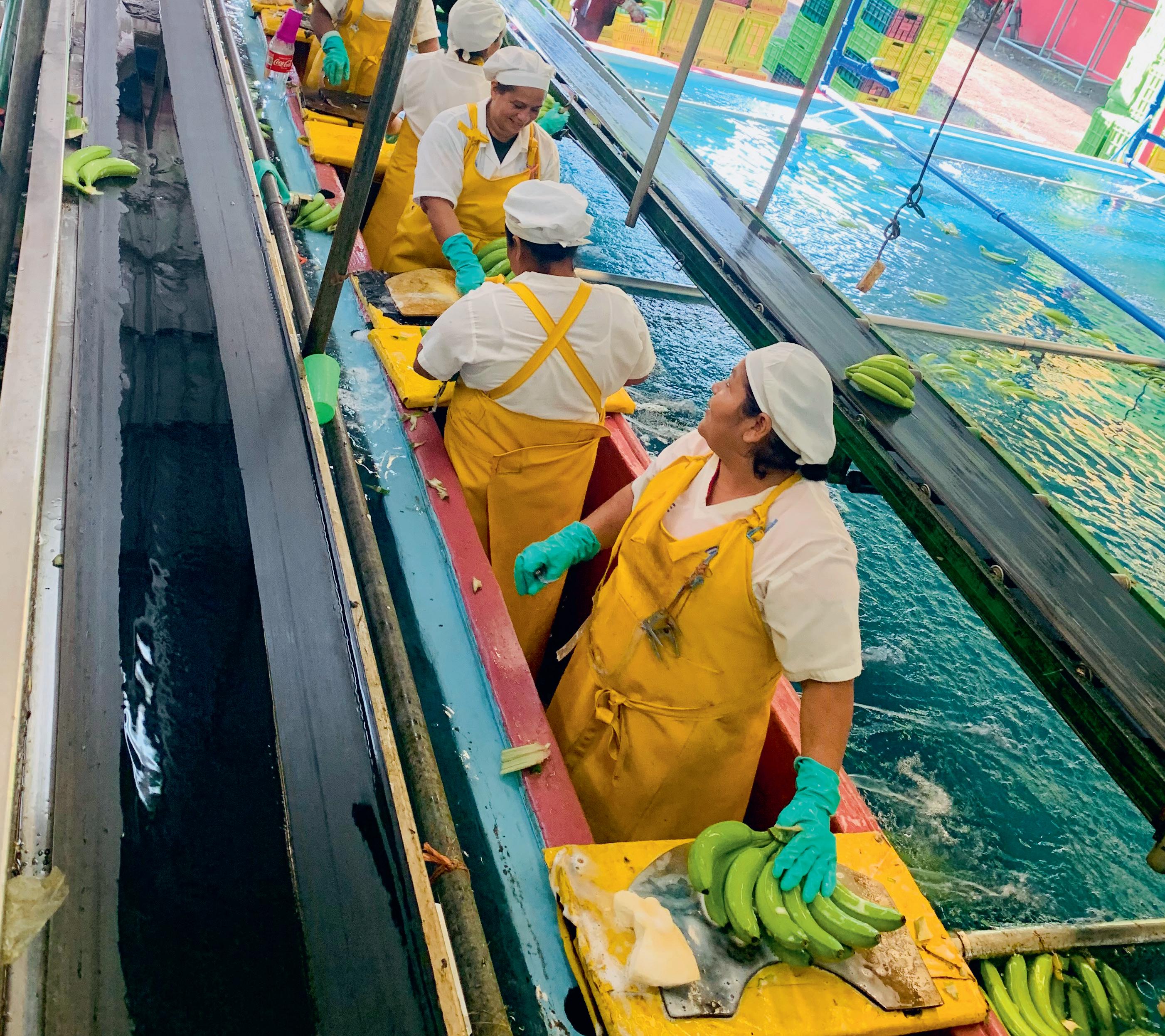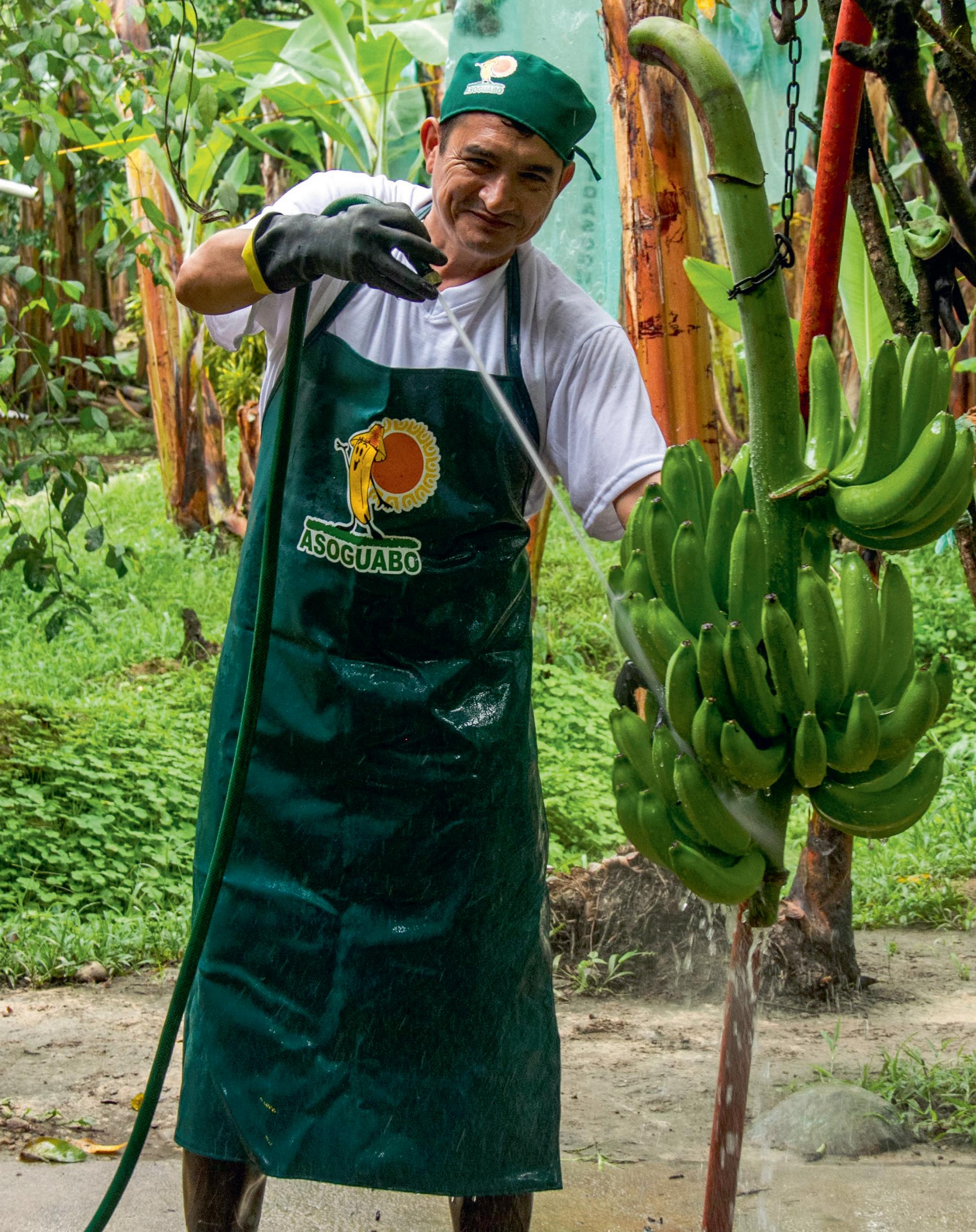SUSTAINABILITY REPORT 2021/2022




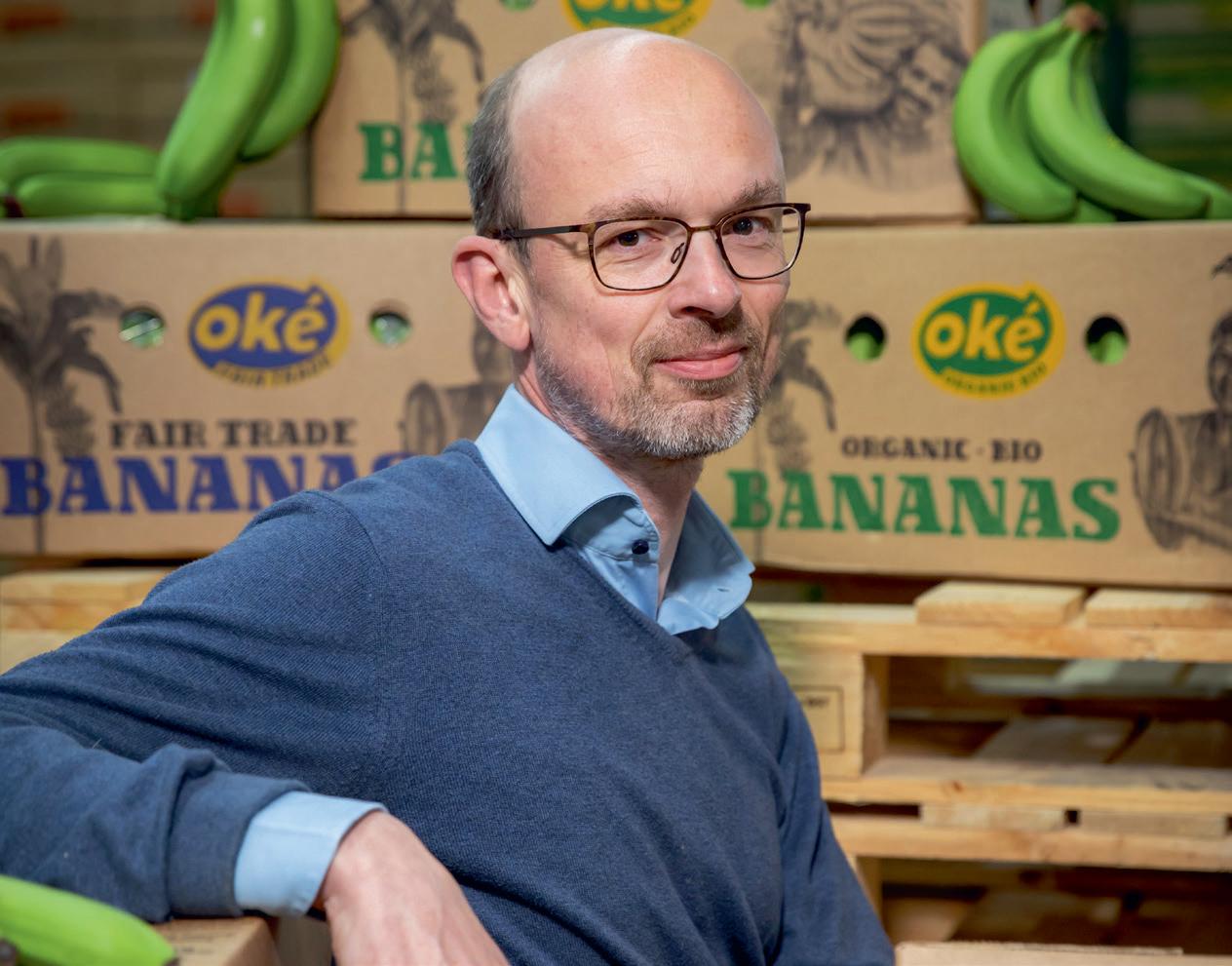
Moving the banana industry forward, towards fair working, fair trading relations and more sustainability. That has been our mission for 25 years.
Last year we celebrated our 25th anniversary! It has been 25 years of constantly struggling, of victories, of difficult tasks and also great results. The banana sector is currently going through one of the most difficult periods ever. The recovery from the corona crisis is causing major problems. The economic catch-up is so substantial that the demand for fuel, cardboard, fertilisers, and shipping space has pushed the prices for these necessary inputs sky high. In fact, the prices have risen so high so fast that banana producers are no longer able to bear the costs. Especially small producers are struggling, as they do not have enough funds to overcome these setbacks.
Meanwhile, for the first time in many years, we are receiving reports that producers are closing down their plantations. Many plantations in Ecuador have been neglected for months: they are no longer being fertilised and diseases are no longer being combated. The plantations are abandoned and overgrown.
Additionally, costs further down the chain, such as ship transport, road transport, ripening and distribution, will lead to more expensive bananas in the supermarket. Paired with the traditional price pressure for a highvolume, low-price product like bananas, this does not bode well. Not to mention the agricultural problems in the chain. Fusarium disease is taking its toll and cannot be combated with conventional means. Outbreaks of this disease have already been reported in Colombia and Peru, and they are spreading.
Talking about sustainability in the current situation is not easy. There are numerous challenges to be faced. Take the living wage, for example. In many countries, workers get paid the legal minimum wage, but that is not enough for them to have a decent life. Raising wages voluntarily is not easy if there is no legal basis. With the salary matrix, we are trying to map out the difference and gradually increase wages.
Switching to Fairtrade is the easiest and most reliable way for a supermarket to guarantee a living wages as soon as possible. Of course, we recommend this wholeheartedly: we are the pioneer of the Fairtrade banana for a reason! The use of plastic is necessary in banana production. So, it is very important that leftovers are cleaned up and processed sustainably. We do this through our processing plant in Peru: a real model project that has already attracted a lot of attention and makes a direct contribution to reducing plastic pollution.
Even in our 26th year, many challenges require our attention, which keep us relevant. Fairtrade has brought AgroFair much, and vice versa. But our story is not yet fully written!
Hans Willem van der Waal CEO of AgroFairWith this annual sustainability report we would like to update you on the progress that AgroFair Benelux BV has made since the previous report of October 2021, and on the steps forward that we are taking on the subject of sustainability.
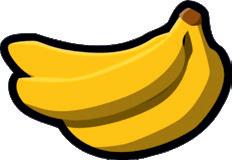
Some suggested that the lower greenhouse gas emissions during the COVID pandemic could positively contribute to a sustainable transformation. However, business rapidly resumed as usual.
Putin’s war is causing energy prices to rise and is fuelling inflation, which is causing unrest and protests in many countries, including in Latin America. In Russia and Ukraine, banana sales have decreased, particularly affecting Ecuadorian banana producers.
Despite rising prices for inputs, energy and transport, discount supermarkets insist on maintaining their business model of selling cheap bananas. The competition between supermarkets to attract customers with cheap bananas greatly determines pricing. This has led to a remarkable initiative by the main banana-growing countries in Latin America.
Instead of competing for a bigger market share, the agriculture ministers of seven banana producing countries met in January 2022 to speak out against cheap bananas. They want all chain partners, including the retail sector, to share the responsibility of making the banana sector more sustainable and pay fairer prices to producers. They called for the adoption of the Fairtrade methodology in setting minimum prices per country based on average production costs.
The ministers repeated this plea before representatives of the European Parliament and retailers at Fruit Logistica in April 2022. Without concrete results so far, but this could change. In August 2022, ALDI South, one of the biggest banana buyers in Europe, announced its new ‘sustainable sourcing’ policy. This policy considers the Fairtrade methodology for determining buying prices. It remains to be seen what this will mean for the upcoming contracts from 2023 onwards.
This discussion takes place while costs are rising, biosecurity measures against Fusarium TR4 need to be taken, the EU is tightnening the restrictions for using agrochemicals and promoting the Green Deal, also aimed at reducing the use of agrochemicals.
It is necessary to use more sustainable methods of crop protection, but these are often slightly more expensive and less effective. Also, at the beginning of this year, a new set of EU regulations for organic farming took effect. These are stricter in prevention and monitoring, and have higher requirements for group certification. The Rainforest Alliance also tightened their standards.
The EU is preparing legislation on corporate sustainability due diligence, which includes respect for human rights and the environment in global value chains. Once adopted, these rules will hold companies accountable for human rights violations, pollution, and biodiversity loss, and will aim to foster sustainable and responsible business behaviour.
Companies should identify risks, prevent, end, and mitigate adverse impacts of their activities. In a first phase, only companies with more than 500 employees or a turnover greater than € 150 million will have to comply. In a second phase, this legislation will also apply to smaller companies. It is likely that large supermarkets will ask importers and producers to collect data and evidence to comply with these rules.
Supermarkets in Germany, the Netherlands and Belgium are committed to promoting ‘living wages’. So far, however, without offering long-term contracts or better prices. The banana producing countries would like there to be a better dialogue on the subject with the EU and the certifiers. But above all they want better prices to meet these demands and conditions.
Low prices were also a major concern for the banana producers supplying AgroFair.
Our Latin Pride brand is RainForest Alliance certified; the solid base of our brand pyramid.
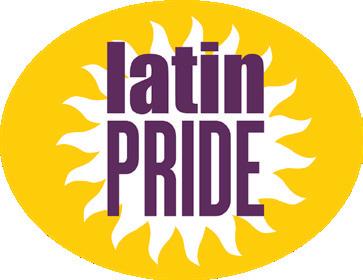
The Oké brands represents our strong commitment to our planet, its people and to fair trade prices. Both brands have been crowned with the Fairtrade Quality Label, certifying that the production of these fruits complies with the highest social and environmental standards. On top of that, our green Oké brand is also certified organic.
On top is our All Good brand, the first true price banana
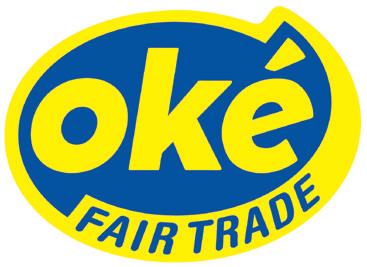
AgroFair is a private company with limited responsibility according to Dutch Law. Our producers are legal participants in the company. We believe that joint ownership contributes to our goal of empowering producers and creating cooperation throughout the fruit chain. Our shareholders join us in this vision. Our shares are divided between the Cooperative of Producers of AgroFair (CPAF) and a number of ethical investors.
Producers not only partake in the benefits of the company, they also have a say in the company’s policy at the General Assembly of Shareholders. Regular meetings between AgroFair and the producers, bringing numerous operational and strategic issues to the table, are a matter of course.
After one year of supplying products to AgroFair or alternatively after one complete season of supply, all Fairtrade certified producer organisations may apply
for membership of the CPAF. The Cooperative works at sharing knowledge and expertise among its members and represents them at AgroFair’s Assembly of Shareholders.
Voting power in the Cooperative has a dual base. It is calculated by the average fruit value per producer plus a vote according to the ‘one man one vote’ principle. This approach aims to ensure democracy and to protect producers who supply smaller volumes. Dividend distribution within the Cooperative is based on the value of the fruit delivered to AgroFair
Our direct shareholder El Guabo is an Ecuadorean association of small banana producers. El Guabo bananas are produced in an environmentally, socially and economically sustainable manner under Fairtrade conditions.
These shareholders promote a sustainable development model in Latin America and aim to support long-term objectives that benefit society as a whole.

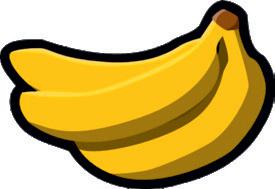
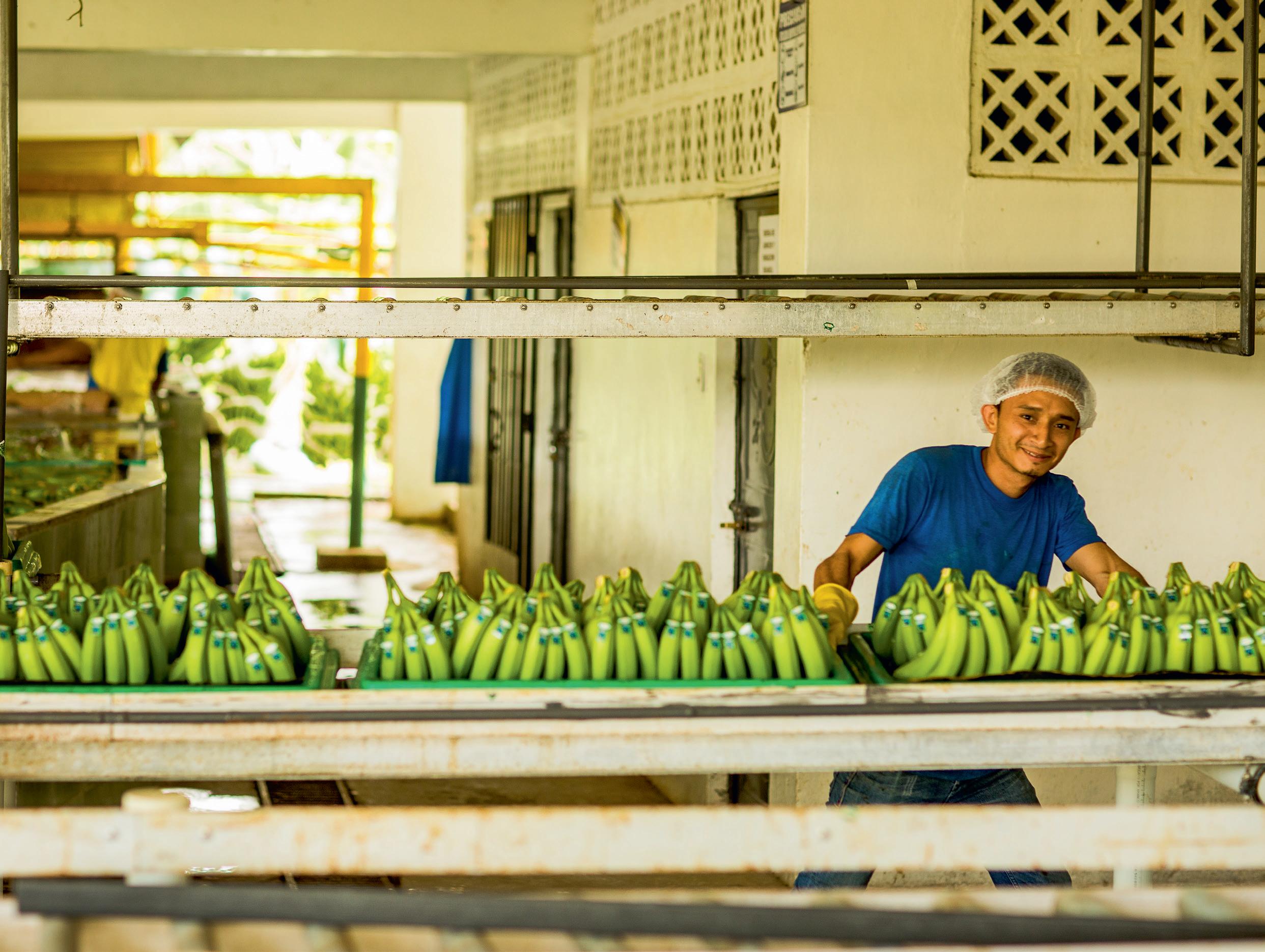
A world map of producing countries, selling countries and the distribution of our offices.
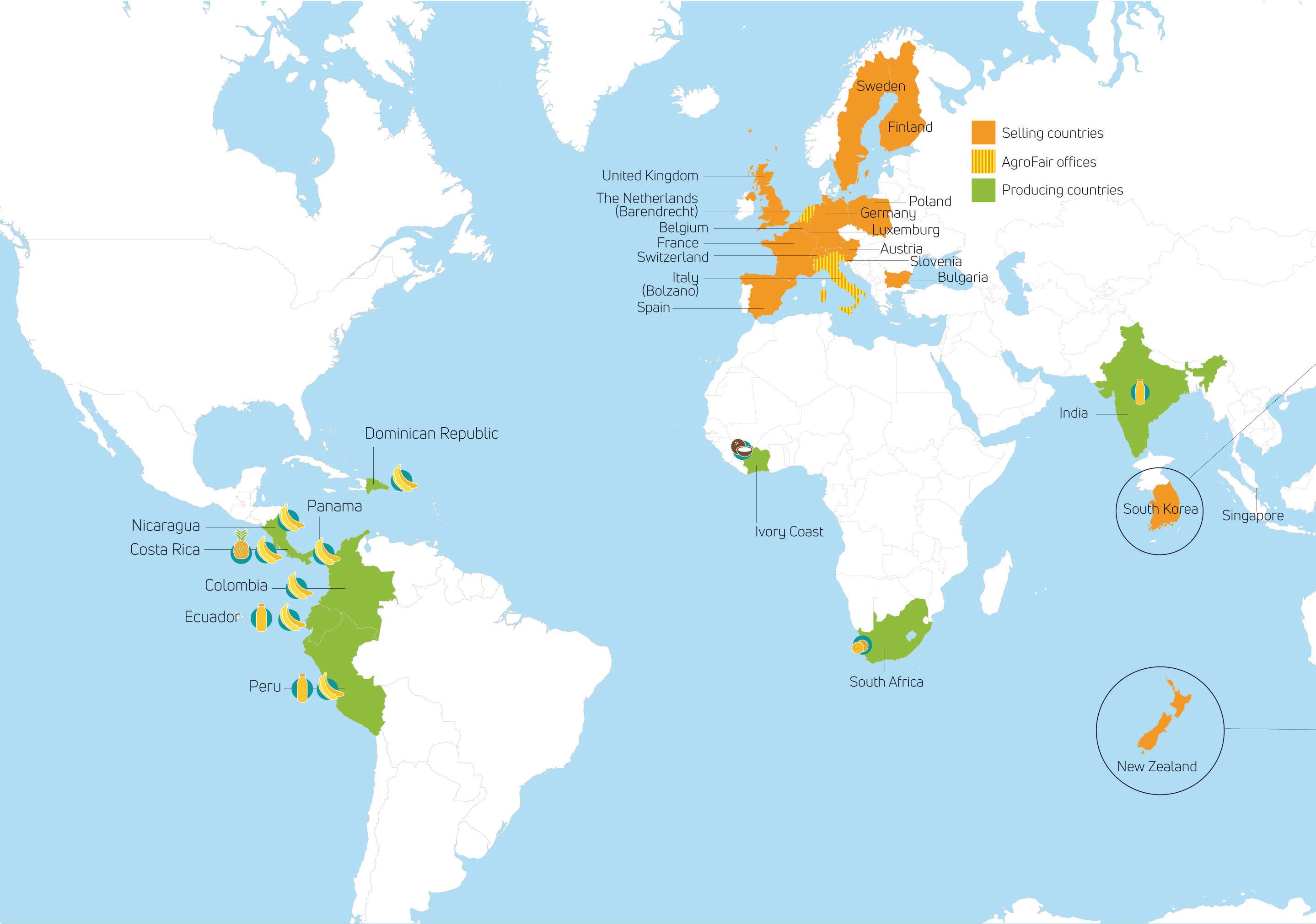
AgroFair is a socially responsible enterprise. We were founded in 1996 by the Dutch NGO Solidaridad, for the sole purpose of launching the Fairtrade banana on the market.
Since then, our business has expanded considerably. ‘Socially responsible business’ is not just fancy wording to us, it is the core of our corporate identity. Our producers and suppliers, mostly cooperative organisations of banana farmers in Latin America, own a large chunk (42%) of the company shares. Our suppliers have a real say and stake in the company. What’s more, as shareholder they have the right to appoint one member on the supervisory board, and to a share of the dividend if it is paid out.
The production of bananas has not always exactly been squeaky clean where human rights and the environment are concerned. That is why Solidaridad initiated the Fairtrade standard for bananas in the first place. Our social responsibility policy is firmly linked to our belief in and commitment to the Fairtrade certified banana.
Climate change, loss of biodiversity, deforestation, erosion and depletion of soils and water resources, pollution of ecosystems by pesticides and plastics ... our planet is not in good health. The banana sector is no exception. The fair trade movement and standards are increasingly concerned about these issues. Over the years, our trade has branched out into organic bananas, Rainforest Alliance certified bananas and the Demeter banana. Their standards are explicitly focused on the environment. Unfortunately, without guaranteeing minimum prices, like Fairtrade certification does. GlobalGAP, which is the leading food safety certification, is also engaged in environmental issues. Being environmentally conscious is not just a matter of nature lovers. It is about maintaining and improving the productive capacity of natural capital, the foundation of agriculture and ultimately of life itself.
Certification is never the end goal, even if it were possible for all products that we are trading now or will be trading in the future to be covered with social and environmental certification at the same time. To us, sustainability goes way beyond certification. The company is imbued with our socially responsible business policy. It is a code and a guideline we use to constantly assess our supply chain risks and improve the social and environmental impact we have on our suppliers, their communities and the environment. Closer to
home, in the Netherlands en Europe, we apply the same principles of care and benefits as to our organisations in Latin America.
Our policy provides guidance on how we conform to existing principles and standards, how we evaluate performance, identify risks and deal with new and unexpected situations. The bottom line is that we conduct all our business in line with our business principles: the 5 P’s of the 2030 Agenda for Sustainable Development.

Putin’s war in Ukraine has direct consequences for this country: thousands of victims, destruction on a massive scale and an unprecedented flow of millions of refugees. Indirectly, the war has a huge impact on the energy price and on other prices worldwide. As Ukraine is an important exporter of grain, scarcity looms, which makes these prices rise as well, as is the case with sunflower oil prices. Poorer populations and poor countries suffer most. One of the most important SDGs, reducing poverty, is therefore becoming increasingly difficult to achieve. Peace is a prerequisite!
Establishing partnerships is also fundamental for the sustainable development of the entire sector. That is why AgroFair is an active member of the World Banana Forum. Partnerships are also very important for the projects implemented or supported by AgroFair. The other three Ps (People, Planet, Prosperity) are discussed in more detail in the next section.
We are active in agricultural chains, more specifically in tropical fruit, mainly in bananas. Our sector faces some specific challenges.
Intensive farming is a great concern. By scaling up and intensifying agricultural growth, yields per hectare have increased. The downside is that this has depleted natural resources like soil and water. It has also led to increased chemical use to fight the pests associated with intensive monoculture farming.
Despite the intensification, agriculture depends to a large extent on human labour. Although manual labour is of vital importance, it is still highly undervalued and underpaid in all parts of the world. In the tropical regions, this results in persistent poverty, especially in rural areas. The work is now increasingly being done by migrant
workers from other countries in the region, which brings with it all the social issues of mass migration.
The world has turned into a global village. Goods are being transported around the globe every day. Production input, raw material, and packaging materials are often sourced and produced far from where they are used. Global logistics greatly effect emissions worldwide. The aftermath of the COVID pandemic shows the risk of containers becoming scarce and many inputs more expensive, which exposes the interdependence and vulnerability of banana producers.
The issues above represent a worldwide challenge. We cannot make a difference by operating alone. We believe it is essential that all parties in the chain work on solutions together. All businesses must share responsibility. We encourage or even oblige our partners
We conduct our business together with our producers, who are co-shareholders.
We aim to offer solutions to our customers that generate added value for them as well as for us.
We innovate and devise appealing new products and services for our customers to satisfy their needs. We choose not to be led by the fear of trying something new and are willing to take calculated risks.
We act promptly to identify and develop opportunities. We answer customers and producers without delay.
We strive to keep our operational performance at a high level and to improve on it constantly.
Honesty and reliability are a top priority.
We do not give or receive gifts (money, presents, entertainment) with the purpose or apparent purpose to provide something in return.
We are accountable to our suppliers regarding the financial results of the sale of their products.
We treat the property and interests of AgroFair responsibly.
TO GOODNESS: INTEGRITY FIRST!
in the chain to do their part. It is simply not enough to just put words to paper! Sustainability policies need to be part of our daily routine. It is the only way for them to be truly effective. We want this mindset to be deeply embedded in our corporate DNA.
To some extent, all issues above are addressed in global certification standards such as FLO Fairtrade and EU organic. To AgroFair, these certifications are a great starting point. They serve as a basis to which we and our partners must adhere. But we want to do more. Standards are not enough to counter all the challenges we are

facing. So where reality demands it, we go the extra mile and we force our partners to assist us. We call this ‘active sustainability’.
If we want to lead by example, it is vital to define the behaviours and culture we want to promote as a company, namely the AgroFair core values. We determine these values by defining our business principles and offering practical guidance on how to conduct business. These principles are not exhaustive but indicative to get everyone on the same page.
WE BELIEVE IT IS ESSENTIAL THAT ALL PARTIES IN THE CHAIN WORK ON SOLUTIONS TOGETHER.
‘ALTHOUGH MANUAL LABOUR IS OF VITAL IMPORTANCE, IT IS STILL HIGHLY UNDERVALUED AND UNDERPAID IN ALL PARTS OF THE WORLD.’
Our sustainable business philosophy revolves around “the 3P’s”: People & Society, Planet & Ecology, and Profit & Economy. These three aspects should be in balance with one another to guarantee a sound and sustainable business for the long term.
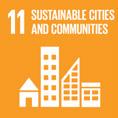


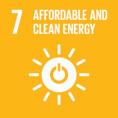
People have been a key focus for AgroFair from the start. As a pioneer in Fair Trade bananas and later also other fruits, living and working conditions of our producers have always been top of mind. In the producing countries, we have objectively determined that the rights and interests of producers and employees are guaranteed for all goods we trade. Adopting the relevant provisions of the International Labour Organization (ILO) conventions guarantees the international labour standards.
The three Ps also apply at headquarters and for our team in Latin America: our employees embody the company and together we determine the AgroFair success. There is no place for discrimination and harassment within in our workplace. We strive for diversity our workforce and promote the personal development of our employees by training and coaching. We monitor the work-life balance. Achievements are properly rewarded.
• Workers rights, health, safety and well-being the right for everyone.
• Decent wages and access to basic services the right for all.
• An active policy towards protecting vulnerable and minority groups.
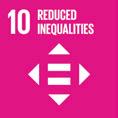
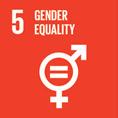

Caring for people goes hand in hand with caring for our planet: the sole source of everything we need in daily life. In the producing countries we strive to ensure that our products are manufactured by the highest possible standards of ecological responsibility. We find it important to reduce pesticide and fertilizer use and to minimise water and energy waste. Our goal is to lead in ecologically sound production. At home, we strive to minimise the carbon footprint of the company.
• Responsible production: Production should be carried out in a responsible manner, using resources as efficiently as possible, so that as little waste as possible is produced.
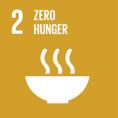
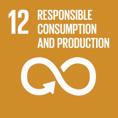

• Soil and Biodiversity: Protecting and improving soil life has a high priority.
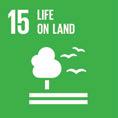
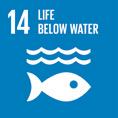
• Climate change adaptation: Banana producers suffer from climate change, Adapting production to changing conditions and mitigating the effects of climate change are important spearheads.
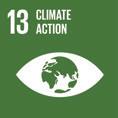
SDG’S
Fair and square: to stay in business and to continue our good work for the long term, we need sound financial results, which we do by guaranteeing continuous efficiency and quality. We aim to achieve our goal by sustainable profitability, namely the promotion of shared responsibility and better prices, of biosecurity measures on banana plantations to keep Fusarium TR4 out, and technical assistance to producer organisations where possible.
• Maintaining and improving productivity and efficiency in all parts of the chain.
• Reducing risks for business continuity sustainable financial results.
• Sensible use of resources to ensure their availability in the long term.
The sustainability circle below maps out the structure of our sustainability policy, listing our focus themes with related projects and efforts.
Reducing carbon missions
Reducing carbon missions
Responsible water use
Responsible water use
PEOPLE & SOCIETY
PEOPLE & SOCIETY
1:Workersrights,health,safety, andwell-being
2:Decentwagesandaccessto basicservices
1:Workersrights,health,safety, andwell-being
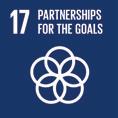

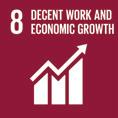
Equal opportunities
Equal opportunities
Living wage
Living wage
2:Decentwagesandaccessto basicservices
3:Vulnerableandminoritygroups
3:Vulnerableandminoritygroups
1:ResponsibleProduction2:Soilandbiodiversity3:Climatechangeadaptation
1:ResponsibleProduction2:Soilandbiodiversity3:Climatechangeadaptation
1: Maintaining and improving parts of the chain productivity and efficiency in all Risks for business continuity Sustainability financial results3: 2:
1: Maintaining and improving parts of the chain productivity and efficiency in all Risks for business continuity Sustainability financial results3: 2:

Circular waste management
Circular waste management
Responsible chemicals use
Responsible chemicals use
Enhancing biodiversity
Enhancing biodiversity
TR4 disease in bananas
TR4 disease in bananas
Covid-19 situation
Covid-19 situation
Providing technical support to our suppliers
Providing technical support to our suppliers
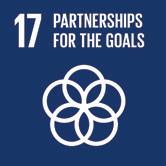
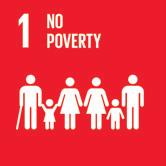
In the summary table below, we relate the main projects and initiatives of the producer organisations to these three dimensions as well as to the Sustainable Development Goals.
SUSTAINABLE DEVELOP MENT GOAL (SDG)
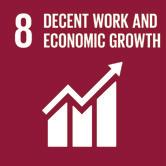
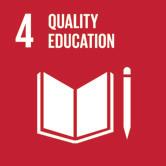
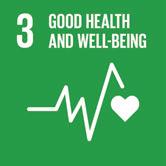
(social dimension)PEOPLE & SOCIETY
Programmes, projects and initiatives mentioned by producer organisations
Support for improving housing in Nicaragua and Panama.
Investments in sport and culture: music, dance. Support for festivities (Christmas baskets) in Peru and Ecuador
Support for disabled people and retirement homes in Ecuador. Support for families after disasters (earthquakes, floods) in Peru.
Preventive health projects in Peru and Ecuador: medical, cholinesterase and dental check-up, vaccination, protection against COVID, clinics and psychological assistance.
Promoting good nutrition in Nicaragua: snacks and dinners at packing stations and palletizing centres.
Investments in education in Ecuador: backpacks with school supplies, uniforms, and scholarships for higher education. Promotion of school gardens with vegetables. Donation of computers, computer classes and school payroll support.
Children with physical or mental limitations receive support for special education in Ecuador.
Awareness-raising projects in Peru and Ecuador on gender equality, women’s leadership and increasing women’s participation in the organisations.
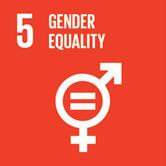
Support for festivities in Peru, Ecuador, and Panama: Mother’s Day, Women’s Day.
Drinking water and sanitation projects in Panama and Colombia.
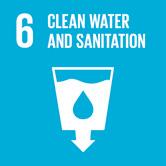
Support for living wages and living income.
Awareness-raising projects on domestic violence in Peru.
In Panama and Ecuador small producers and microenterprises in the area receive support.
In Ecuador, several organisations have positive experiences with advocacy and empowerment to make sure their specific interests (as banana farmers, or as small producers) are heard.

SUSTAINABLE DEVELOP MENT GOAL (SDG)
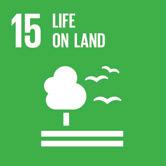
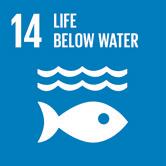
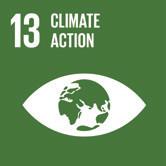
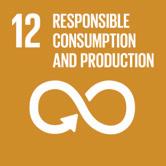

Programmes, projects and initiatives mentioned by producer organisations
In Colombia and Ecuador, the quality of irrigation and packing station water is being tested.
Elimination or reduction of the most toxic pesticides in Ecuador and Panama.
Maintaining organic, GlobalGAP, Demeter and Rainforest Alliance certifications; aspiring to Water Stewardship Alliance on watershed level in the Dominican Republic.
Monitoring water and energy usage and savings in Colombia.
(environmental dimension)
Erosion control measures. Investments in biofertiliser factories and composting sites in Ecuador and Peru.
Solid waste management by collecting and recycling plastic and other waste; waste separation in Peru.
Conservation of wetlands and protection of sea turtles in Panama.
Reforestation projects for river basins in Peru.
Living fences, nurseries for ornamental plants in Ecuador. Protection of natural forests and ecosystems, wildlife, and marine life; prohibition of logging, fishing and hunting in Panama and Colombia.
Promotion of environmental education and climate change risk analysis; sustainable watershed management. Instalment of solar panels on the roofs of packing stations and offices in Ecuador and the Dominican Republic.
SUSTAINABLE DEVELOP MENT GOAL (SDG)



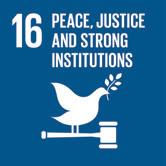



Programmes, projects and initiatives mentioned by producer organisations.
Promoting good practices to increase yields; compaction of banana plots. Common purchase of boxes to obtain volume discounts.
Support for the purchase of fertilisers; soil improvement with beneficial microorganisms in Peru.
Comisariato (mini super) in Peru.
AgroFair Academy: an online learning initiative for farmers. The program will teach farmers how to be more productive, how to deal with diseases, how to improve their organization and how to remain compliant with legislation and regulations.
Infrastructure construction in Nicaragua, Peru and Ecuador: bridges, upgrading of packing houses and irrigation canals, cableways, plantation renovations, palletisation centres, offices, data management software and tablets, spraying with drones, aircraft runway, access roads, weather stations.
(economic dimension)
Fusarium Tropical Race 4: investment in footbaths and wheel baths for disinfection of footwear and vehicles; and other biosecurity measures in Ecuador.
Monitoring water and energy usage and savings. Diversifying markets; diversifying crops or processing, creating added value in Peru.
Fusarium Tropical Race 4: training technicians and producers. Technical and leadership trainings on a variety of topics in Ecuador, Panama and Peru.
Promotion of women’s enterprises: dressmaking, bakeries, pastry shops in Ecuador.
It is important to involve the grassroots and the leaders (management, members and workers, young people, producers’ children...) in sustainability and associative policies.
In Peru an active role is promoted to strengthen the collective enterprise so it is not the sole responsibility of the technicians.
Peru: Participation of numerous organisations in the mapping project for containment of TR4: Organic Sur, Bonabio, Equal Exchange, Equifruit, Port International, Fairtrasa, CLAC, DOLE, Wageningen University, Banana Cluster of Peru, Fyffes, BANANICA, APPBOSA, AVACH, Opus Insights, AgroFair.
Increasing trust among partners and customers in Peru: through quality approach, good governance, and Internal Control System (ICS) improvements.
Initiating or strengthening collaborations between organisations to generate impact and creating an ‘economy of scale’: health, education, plastic recycling, protection against Fusarium, document projects, making videos, establishing institutional alliances ... in Peru.
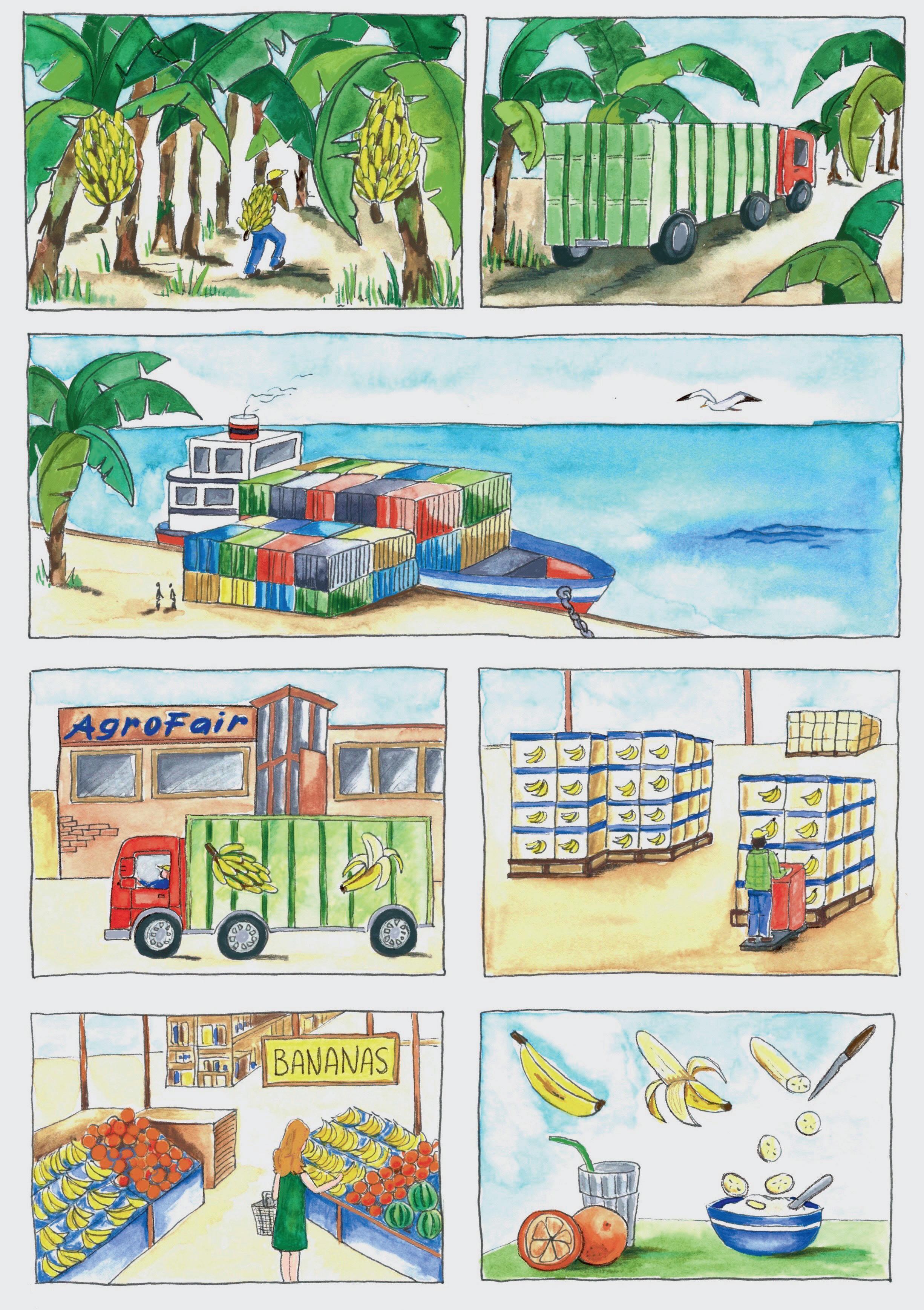
We know that we are not in it alone. We form part of a chain; we are one of the many links. The other links in the chain are our stakeholders. For the chain to work, it is essential to be aware of where the other links stand.
That is an interesting challenge. AgroFair’s stakeholders are scattered across the globe and are active in a wide range of fields: retailers that sell our fruit, company shareholders, small producers, and plantation workers, employees, and other stakeholders, such as certifiers and NGOs. We all work together to bring nature’s little miracles to your table: a colourful, wholesome, and nutritious range of tropical fruit produced in a fair and ecologically sustainable way. We prefer to do this inclusively, by taking a real interest in the quirks and challenges of each other’s businesses, tying many ties across the continents, and learning a lot from each other in the process. As we have always been driven by a strong social and ecological commitment and because of the specific character of what we do, we put a special emphasis on small fruit producers and plantation workers who apply fair and responsible social, environmental, and economic standards, while participating in the governance and shared capital of our company.
In such a diverse field of business, there are many different lines of communication. To give you an idea, here is a list of the main players, the stakeholders within our banana supply chain:

Retailers: the people that sell our products to fill the nation’s fruit bowls. They are a vital link in our supply chain. We work closely with them and assist wherever we can. It is important to us that they - our customers! - view us as a trusted partner. If necessary, we provide each other with constructive criticism. With a clever mix of marketing concepts and innovations in sustainable and inclusive production and logistic processes we aim to keep our retailers at the forefront. We also aim to be an inspiration for the industry, and we reflect on our collaborations and our performance. We think it is important to visit all our retailers at least once a year.
Sound financial results are of course vital to our survival in this business. Without them, we cannot achieve our vision. Commercial success and a solid financial performance help us to inspire the industry to follow
our example. Shareholders who join us in our focus on profitability and responsibility enable us to achieve our goals and vision. Our annual Shareholders’ Meeting is a great time to encourage their involvement, offering feedback on planned strategies, discussing innovative philosophies, providing insight into day-to-day projects, and strengthening our mutual financial and personal connection over the years.
Central to us and crucial in achieving our mission is of course the quality of our home team. At AgroFair, we have an exceptionally low staff turnover. The continuity of our employee base is important to our customers. Pleasant and long-term business relationships confirm us as a reliable partner and help us in realising our mission. Regular across-the-board staff consultations are instrumental to building a solid team. We believe that by bringing the best people together we can build the organisation of our dreams. Even if they are a bit further away, our home team includes professionals, technicians, and quality inspectors in the South: operating from Panama, Peru, Ecuador, Colombia, Nicaragua, Costa Rica and the Dominican Republic.
Our farmers and plantation workers are very important to us. We have built direct and long-term relationships with the producer organisations and family farms. This helps to establish a stable vending point for the farmers. Thanks to email, telephone, Skype, WhatsApp, Teams, and Zoom, we can communicate directly and almost daily. We make regular trips to our sourcing countries and speak directly to the management of the producer organisations and family companies. They inform us on their priorities and on where improvements can be made. A highlight of the year is the annual Cooperativa de Productores de AgroFair (CPAF) meeting where all the farmers that are AgroFair shareholders come together and which we of course attend in person.
Many others play a part in the intricate patchwork that is our business: fruit companies, politicians and governments, scientists, certifiers (Fairtrade organisations) and industrial organisations (the World Banana Forum).
They all influence AgroFair either directly or indirectly. We are increasingly having active discussions with these parties, as we are interested to hear their opinions and involve them in our mission.
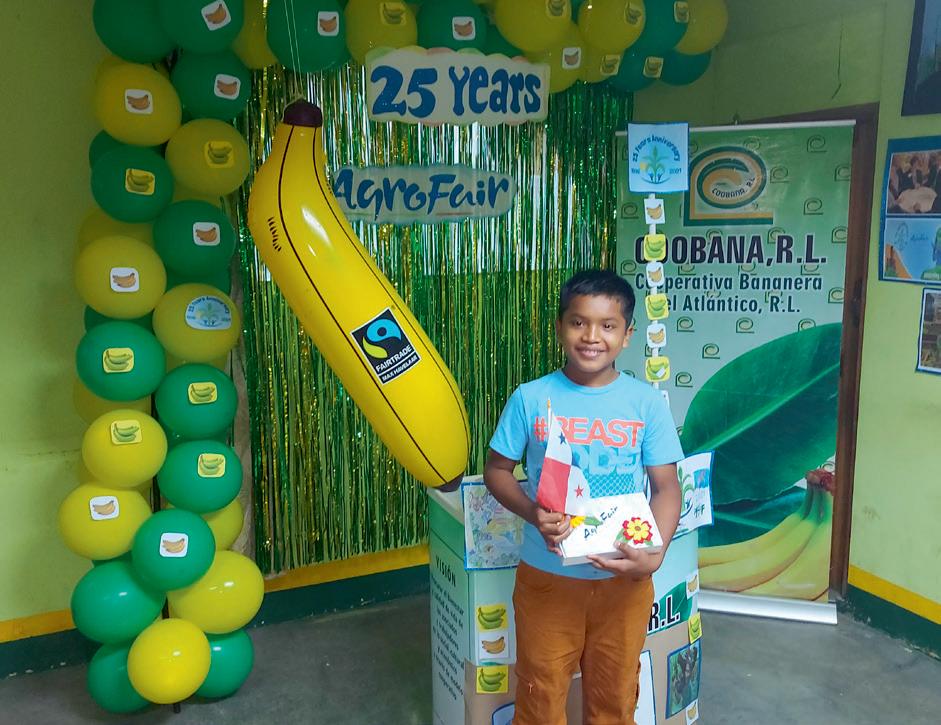
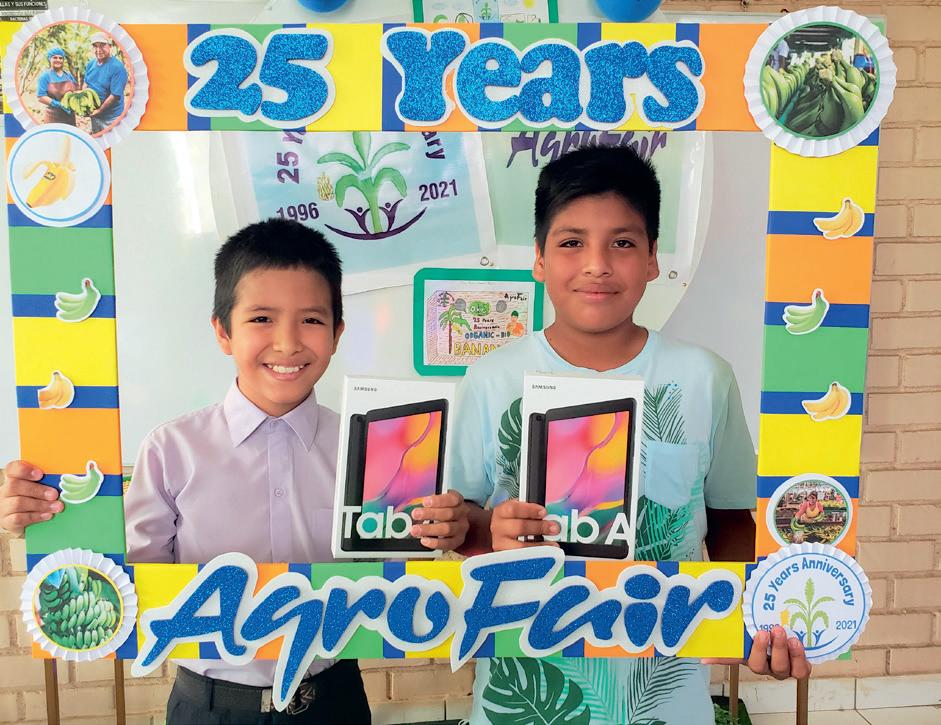
The context surrounding the Fairtrade and organic fruit business is the reason for our existence. To improve our understanding and interpretation of this context, we like to play an active role in different stages of the fruit business. Using a tool called the Materiality Matrix, stakeholders are asked to give their input on relevant themes and attribute a measure of importance to these themes, and AgroFair does the same.

The input for the Materiality Matrix is established by:
•Desk and field research: like conferences, exhibitor fairs, research reports and sustainability reports. We also commission our own research.
•Face-to-face conversations: several times a year we take the time to meet and exchange ideas with our producers and our customers.
• Sustainability meetings and workshops: like last year, the annual meeting between a selection of the AgroFair staff, the AgroFair team in the South and representatives of producers was a virtual meeting by Zoom. Between March and June, we also organised virtual workshops with all producer organisations on the Sustainable Development Goals. These meetings are crucial to the sustainability strategy of the producers and AgroFair, and to our choice of themes and projects.
• Shareholders meetings: here, shareholders express their view on sustainability themes.
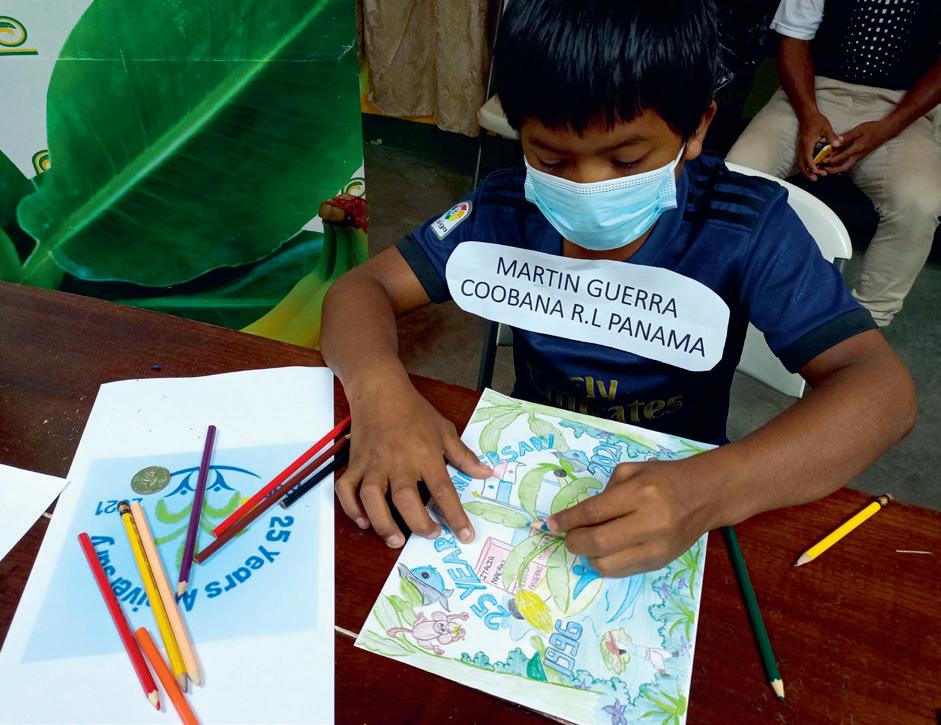
THE CONTEXT SURROUNDING THE FAIRTRADE AND ORGANIC FRUIT BUSINESS IS THE REASON FOR OUR EXISTENCE.
Having put a face on the colourful mix that are our stakeholders, you may appreciate the importance of sounding out the degree to which we see eye to eye on different topics of the trade.
Having put a face on the colourful mix that is our stakeholders, you can now see the importance of why we gauge how much we agree on various topics in the trade. The Materiality Matrix on this page, shows the importance of the various topics for both AgroFair and its stakeholders.
Fortunately - and amazingly, if you think about it - the results show that we are all in agreement on most issues. The top priorities are workers’ rights and well-being. These are closely linked with the main concerns in the current context: under-priced bananas and over-priced inputs. Subjects on which we notably differ are: employee development and food waste.

To us at AgroFair this is very good news. We expected a difference in priorities on both these subjects. While the training and development of our own employees is of course vital to us, our stakeholders do not lose sleep
over it. Also, food waste is relatively easy to control at AgroFair Headquarters, whereas it takes a supermarket, for instance, considerably more effort.
All in all, we consider the Materiality Matrix a valuable addition to our business palette, yielding useful and practical information that we will gladly make use of for years to come. Having said that, even a useful tool like the matrix is not infallible, nor is it all-encompassing, as it relies heavily on information provided by the parties themselves.
At AgroFair, we take setting our priorities very seriously. Consequently, we expect and sincerely hope that the results of this matrix are an accurate representation of reality, showing that we are on the right track and setting the right priorities. Still, we welcome your feedback or criticism. Please feel free to submit any ideas or additions that you may have to: sustainability@agrofair.nl
From the matrix, we can extract the following themes as top priorities:
1. Worker’s rights and well-being
2. Water management
3. Pesticide use
4. Waste reduction and recycling
5. CO2 emissions and climate change
6. Certifications
7. Maintaining productivity, efficiency, and quality
8. Sound financial results
A major part of the impact regarding these themes takes place further back in the supply chain. The amount of
waste generated at our headquarters, for example, is negligible compared to that of our collective producers! So, we focus the bulk of our efforts higher up the chain, with our direct suppliers of products and services.
This also means that there are limitations to what we can do. Inhouse we can take measures and make improvements. Other parties in the chain, however, we can influence, inform, gather information to measure impact, persuade and sometimes urge – but we cannot force. As a small company, the influence and resources we have are limited, but we strive to use them in the best way possible. In the following chapters, we will report on how we address each material topic.
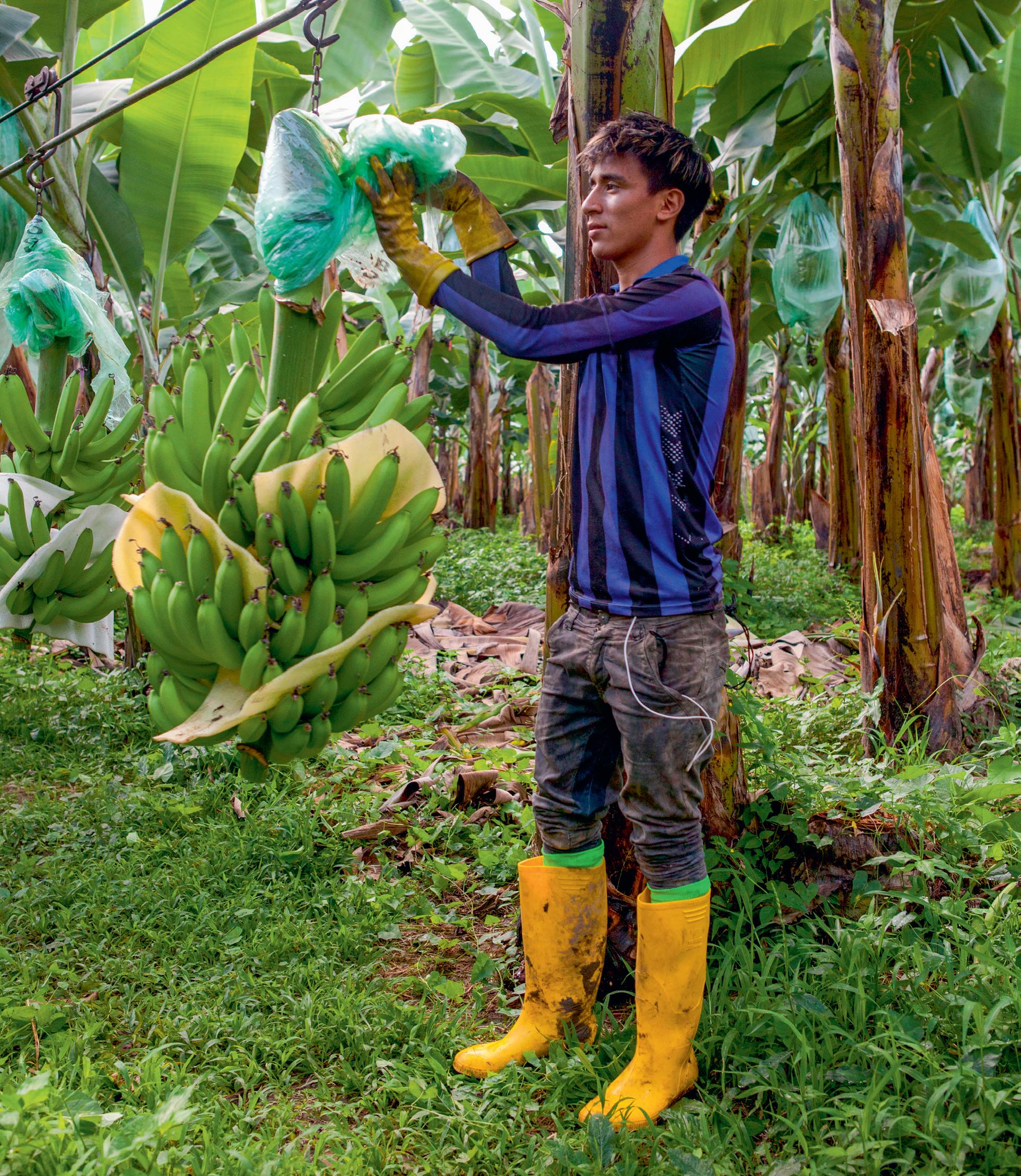
1. Social certifications and initiatives
Fairtrade Premium 23/24
Workers right,health, safety and well-being
Protecting vulnerable groups
Living wage 25
Equal oppurtunities
projects
• Workers rights, health, safety and well-being the right for everyone.

• Decent wages and acces to basic services the right for all.
• An active policy towards protecting vulnerable and minority groups.


eople have been a key focus for AgroFair from the start. When our company was first founded, we aimed to import the world’s first Fair Trade banana. Today, sourcing Fair Trade or equally certified bananas is still our core business.
From that perspective, we feel the need to take things even further. Living and working conditions of the men and women who produce these fruits has always been top of mind for us. We have incorporated our founding principles regarding People & Society in our Sustainability Policies, as you can read further down in this report.
As a result of these principles, we have objectively determined that the rights and interests of producers and employees are guaranteed in the producing countries for all goods we trade. To guarantee the international labour standards, we adopt the relevant provisions of the International Labour Organization (ILO) conventions.


When addressing social issues, the greatest challenges by far lie at the beginning of our supply chain: on and around the plantations, the villages, and the regions where our fruits are grown. We focus most of our efforts on these producers and service providers. We are very concerned about the rights, health and well-being of the people who work so hard every day to grow and pack our fruits. Below are some topics on how we improve their lives.

‘LIVING AND WORKING CONDITIONS OF THE MEN AND WOMEN WHO PRODUCE THESE FRUITS HAVE ALWAYS BEEN ON TOP OF OUR MIND’
Workers’ rights and well-being are embedded in standards such as Fairtrade and Rain Forest Alliance. We only buy from companies that have one of these certifications. Over 65% of our fruit is sourced from suppliers with a Fairtrade certification and another 35% from suppliers with a Rain Forest Alliance (RFA), Organic and/or Demeter certification.
Standards help us to assure that workers in our supply chain have acceptable labour standards and decent wages. Fairtrade and Rainforest Alliance ensure compliance with the conventions of the International Labour Organisation.


The Fairtrade standard is based on four principles: Social Development (Management of the Fairtrade premium), Labour Conditions, Environmental Development, and Sustainable Trade. It contains Core and Development criteria. The difference with the Rainforest Alliance (RFA) standard is that there is a minimum price, the Fairtrade premium, and an obligation to have permanent contracts for permanent work. Compliance is more strictly monitored.
The Organic Standard is based on the international principles of natural agriculture. Important principles are crop rotation and improvement of soil fertility with compost and manure. Synthetic chemicals are not allowed.
The Rainforest Alliance (RFA) Sustainable Agriculture Standard contains four principles: Effective Planning and Management System, Biodiversity Conservation, Natural Resource Conservation and Improved Livelihoods and Human Well-being. All principles contain Critical and Continuous Improvement Criteria.

The Fairtrade Premium may appear modest, but it can really turn the lives of individual people around! This is how it works: AgroFair donates a premium of $1 for each box of Fairtrade bananas sold. This money is then used to fund several wonderfully effective, small-scale projects. Some of these bring about dramatic changes for the better – as the testimonies confirm! All projects improve the living conditions of farmers and workers each year.
In total, more than 6000 families worldwide have benefitted from this business model through our supply chain! In 2021, we have paid $ 3.1 million in Fairtrade
Demeter is a special line of organic agriculture, inspired by the anthroposophical principles of Rudolf Steiner. Circular and mixed agriculture and the use of special preparations are characteristic of this type of organic agriculture.
Premiums. In the chapter ‘Profit & Economy’ we present the figures on the amount of Fairtrade Premiums paid in recent years.
In 2017, the total amount of Fairtrade Premiums paid was more than $ 4.0 million (with a slightly smaller turnover of €88 million), almost $ 1 million more.
Several supermarkets substitute bananas with Fairtrade certifications for other non-Fairtrade certified bananas, organic only for example, without minimum price and without Fairtrade premium. A little bit cheaper in the shops, but our producers benefit much less from this!
MORE THAN 6000 FAMILIES THROUGHOUT THE WORLD HAVE BENEFITTED FROM THIS BUSINESS MODEL THROUGH OUR SUPPLY CHAIN!
Fairtrade
Peru 1.286
Ecuador 1.273
Panama 441
1.413 1.557 1.540
1.344 1.442
598 595 612
Dominican Republic 13 259 131 152 180
119 171 172 88 0
Other 25 21 137 205 276 3.157
FAIRTRADE BANANAS
3.898 3.941 4.050
Source: Fairtrade International, 2021


This theme is very much at the heart of Fairtrade, of which AgroFair is the pioneer. Key points are:
• Facilitating responsible handling of crop protection agents by providing personal protective equipment and training workers in the use of this equipment.

• Securing machinery and equipment and creating a socially safe working environment also for women and minorities.
• Prohibiting child labour and forced labour.

• Protecting workers’ rights through good contracts.
• Collective bargaining agreements.
• Freedom of association.
• Providing accident insurance and pension schemes.
• Protecting communities surrounding plantations against the dangers of pesticides.
• Protecting vulnerable groups (women, ethnic minorities, disabled) in the working environment
Another aspect closely linked to the Fair Trade concept is the payment of a decent wage and the provision of access to basic services, such as education and health care. Working towards a living wage is a key element. The Fairtrade premium is designed to meet such needs and is important, especially in countries where the government does not provide these services.

Living income is an important concept that indicates the level of salary or family income that is required to live a decent life. It is not the same as the minimum agricultural wage, which applies in many banana-producing countries. In many countries, the official minimum wage is insufficient for a family to sustain a decent life. The equivalent for small farm owners is the living income.
It is not easy to determine the living wage. However, the Anker methodology is the most widely accepted. It requires calculating the cost of a basket of products and services and translating it into an income. There have been several projects that calculated such living income norms for various countries. These are merely the first steps.
Numerous organisations are involved, including the Sustainable Trade Initiative (IDH), the World Banana Forum (WBF), Rainforest Alliance, the Latin American and Caribbean Network of Fairtrade Small Producers and Workers (CLAC), Banana Link, True Cost Accounting, and of course Fairtrade International.


Supermarkets in Germany, the Netherlands and Belgium have committed to making living wages possible. Trade unions play an important role in pursuing collective bargaining agreements with plantation owners and large banana companies, which can also be important in achieving living wages.


However, a large-scale introduction is only possible on a level playing field. Which means that all major supermarkets in Europe must participate and preferably sign long-term contracts. Many producer organisations and banana companies sell to more than one customer. It is not acceptable for banana producers to pay a living wage one year and to reduce wages the next. Or to only pay a living wage when bananas are bought by customers in Germany, the Netherlands or Belgium.
Verification is another important point. Who guarantees that better prices also translate into better wages? For this to work, the cost structure needs to be transparent and external audits need to be carried out by GlobalGAP or Fairtrade International.

AgroFair closely follows these developments and will also propagate living wages and living income where possible. Buying as many bananas with Fairtrade certification as possible is already a step in the right direction, and it is also relatively easy to achieve. Fairtrade standards establish a basic net salary for plantations, which should cover at least 70% of the benchmarks for living wages in a particular country, even when the legal minimum salary is lower.
In the case of small producers, buying bananas with Fairtrade certification helps to achieve a living income. Why should workers and producers wait until 2030? Perhaps the stakeholders in the banana chains should just go for it. Maybe the time of studies, seminars, and meetings in which is agreed to more studies to close a few percent of the salary gaps is over. ‘Where there is a will, there is a way’, as the Dutch saying goes!
At AgroFair, we believe it is important to offer equal opportunities to people of different genders, origins, with and without disabilities. At headquarters, we are too small a group to set measurable targets.

Opportunities lie with our producers, who often have more employees and are aware of the importance of fair and equal opportunities. In the coming year, we will be working with them to develop an equal opportunities
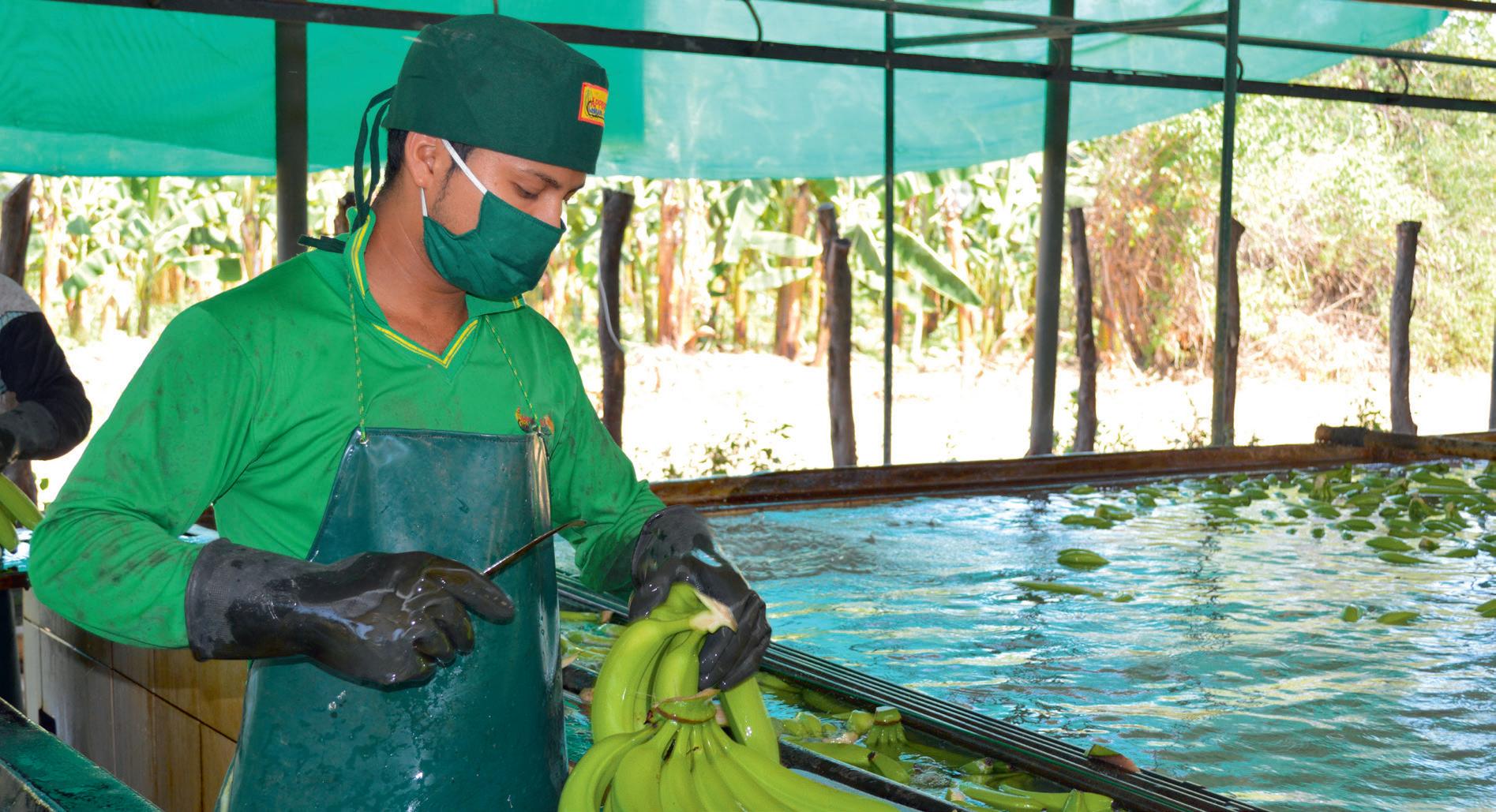

policy and to measure the current situation and any future development.
This year, we have already compiled data regarding the number of men and women working in the various organisations. Below we show this in a summary overview. The World Banana Forum has a task force on gender equality and organises research and workshops. Now and then, people from the AgroFair team participate. It provides valuable insights, which should be promoted.
Impact Investing may have an impersonal ring to it, but the incentive brings about fundamental positive change for members of our producing teams, be it on a large or a small scale. The stories below are from our Fairtrade Producers in Ecuador, Peru, Panama and Nicaragua. A small selection out of many wonderful contributions:
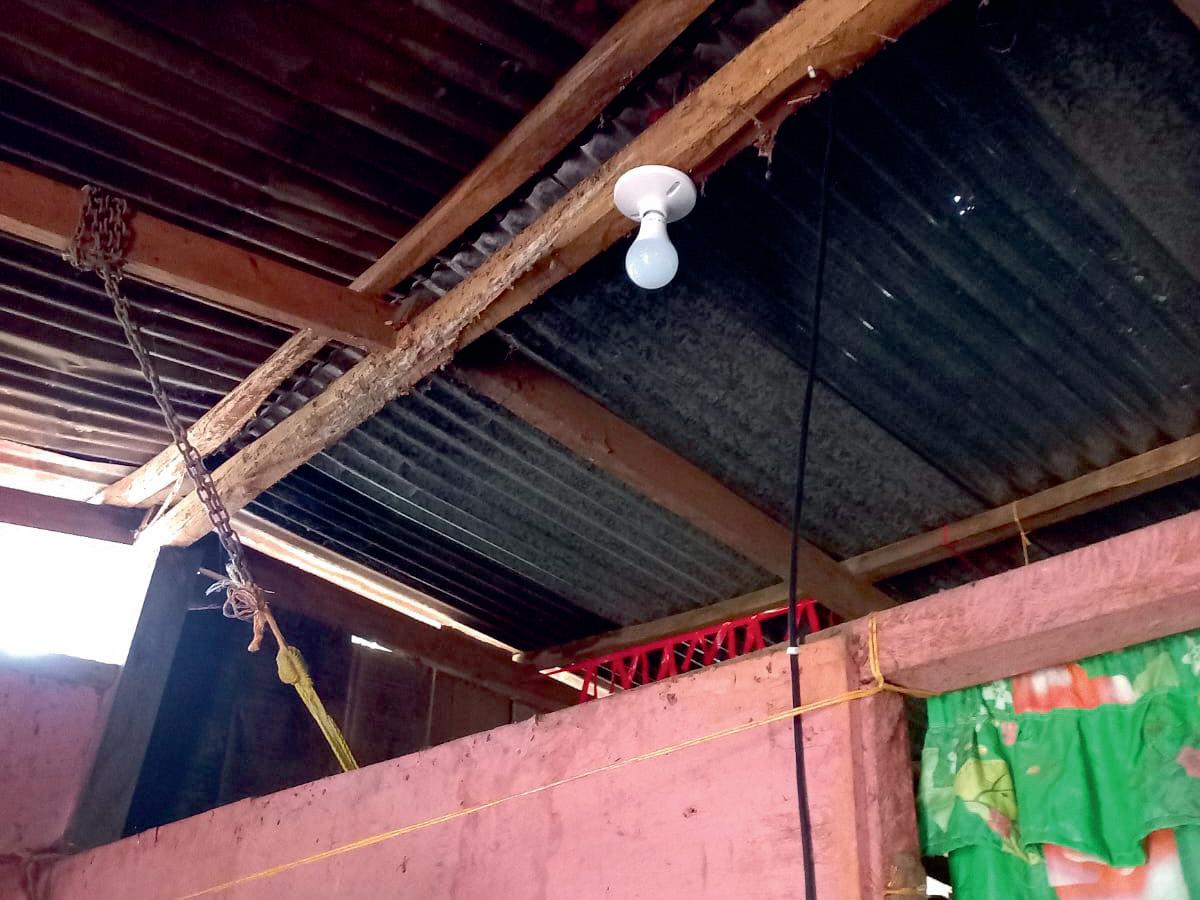
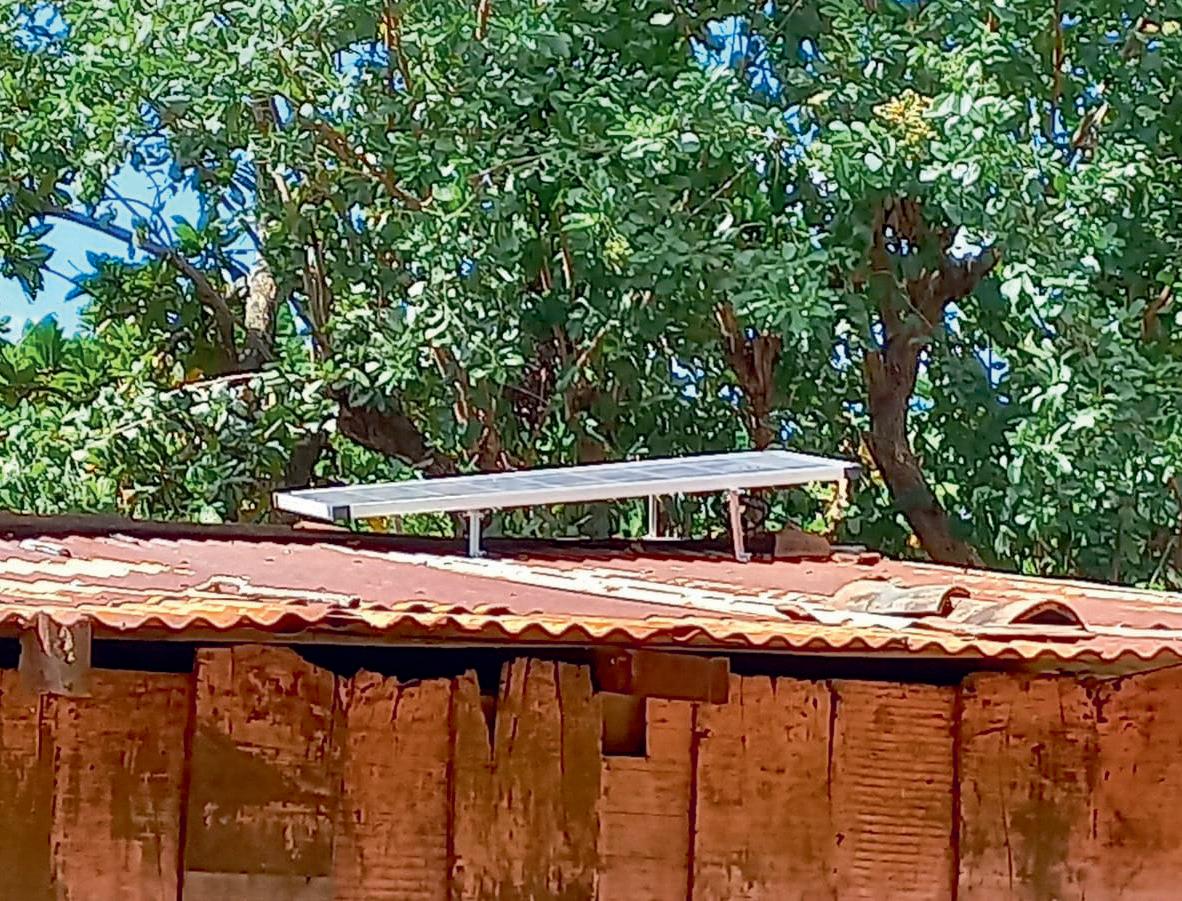
In 2021, the Pensylvania and Alfonso banana farms of the Nicaraguan family company CAIPSA in Chinandega had 404 employees. In line with Fairtrade standards for plantations, a joint committee draws up annual plans for the use of the Fairtrade premium of USD 1 per box. For 2021, each family received a voucher of USD 110 to make small improvements to their houses.
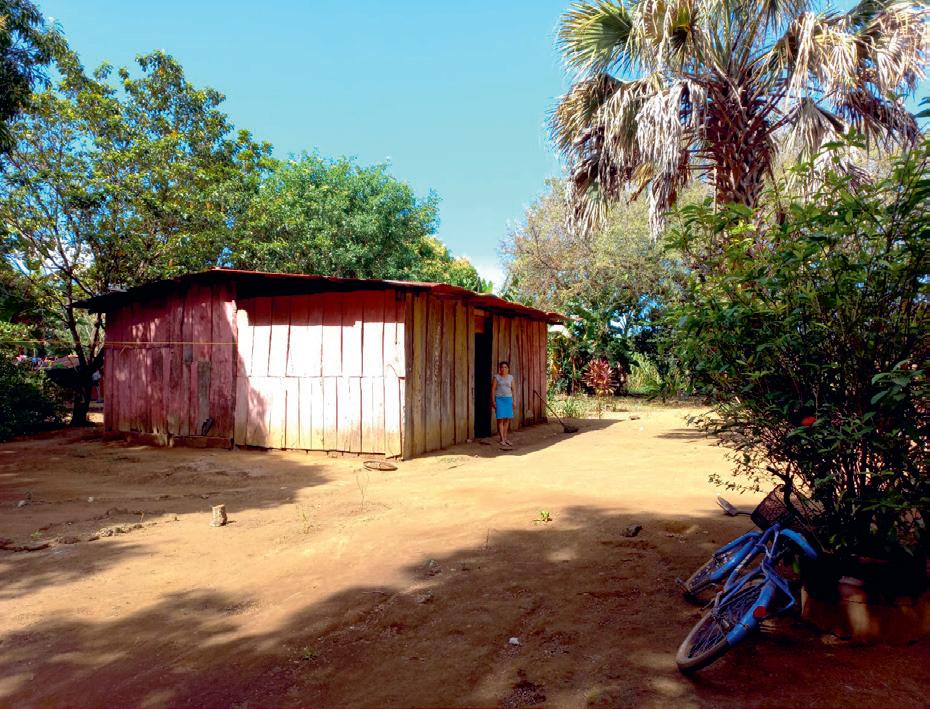
They could use this voucher to buy zinc plates, cement, water pumps, tiles, solar panels, building blocks or bricks. For 2022, the 430 employees can benefit from an amount of USD 140, and, additionally, from a voucher of USD 50 for buying food. These amounts could be significantly higher if more containers could be sold as Fairtrade.
In 2021, CAIPSA exported 1000 containers, more than one million boxes, but only 44 of these containers were sold as Fairtrade (4,4%)! If everything could be sold as Fairtrade, each family would have USD 2500 per year to spend on improving their homes, instead of the meagre USD 110.
Are there better arguments for switching to Fairtrade? We urge supermarkets to take up more responsibility, to do their best to contribute to the Sustainable Development Goals which will solve the poverty issue! Is this not also a wonderful message for consumers?

The association of small banana producers ASOGUABO in Ecuador currently has about 145 affiliated banana farmers. There are three types of farms: conventional monoculture plantations, organic monoculture plantations, and agroforestry plantations with mixed systems in the mountains where bananas, cocoa, fruit trees and other trees grow. Last year, ASOGUABO implemented an ambitious investment programme on health care, the environment, infrastructure, and productivity improvements.
This programme is financed by the Fairtrade premium. We would like to highlight this last project, based on an assessment report by the field and productivity manager of ASOGUABO. More than 100 producers benefitted from this program by each co-financing it for USD 2500, amounting to a total of USD 265,838. The various types of investments focused on:
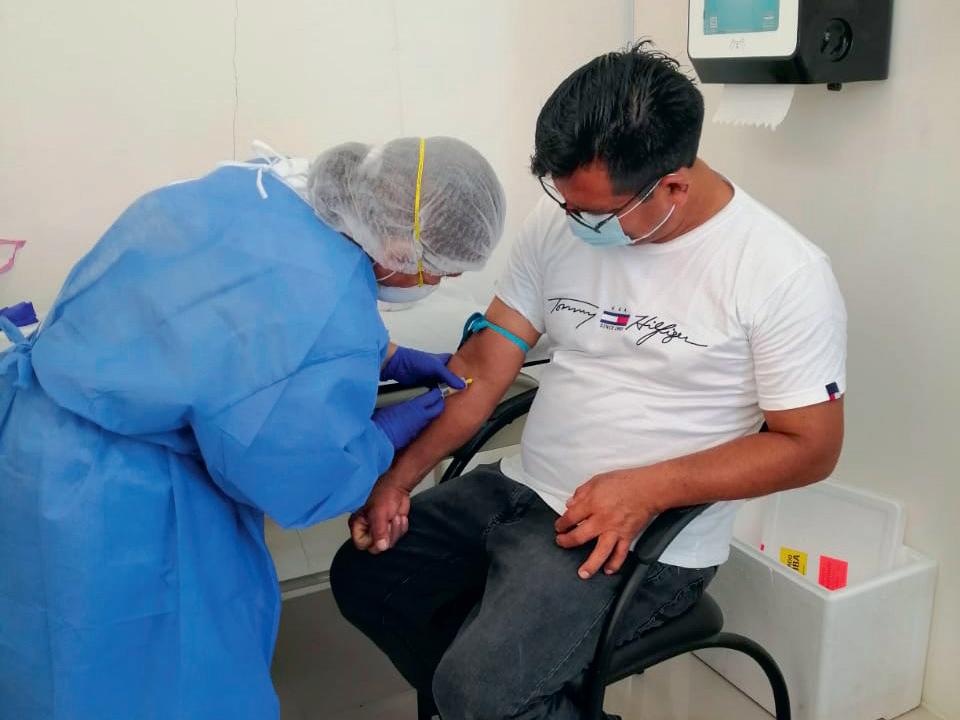
• improving the quality of the bananas by constructing cableways and improving conveyor belts in the packing stations;
• complying with the GlobalGAP certification by improving the packing stations, the water supply by installing pumps and the storage of agrochemicals residues;

• preventing crown rot by placing ceramic tiles inside and outside the water basins in the packing station for easier cleaning,

• saving water in packing stations by lifting the bottom of water basins;
• taking biosecurity measures to keep plantations free from Fusarium TR4 by fencing, one entry, footbaths and wheel baths.
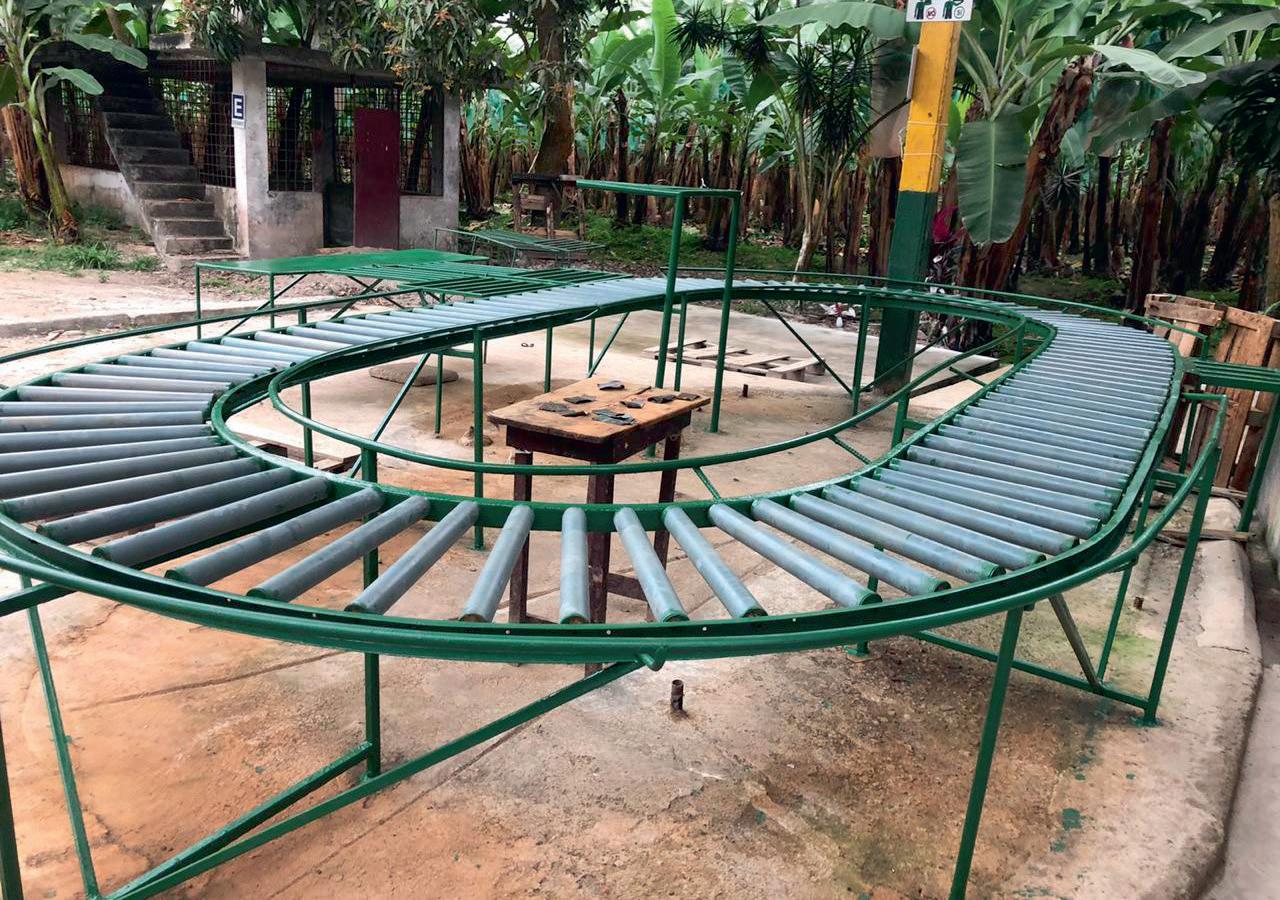
With this well-designed programme, ASOGUABO can better guarantee the quality of its bananas. And better cope with external threats like Fusarium TR4 thus improving the foundation of its member farmers’ income model.
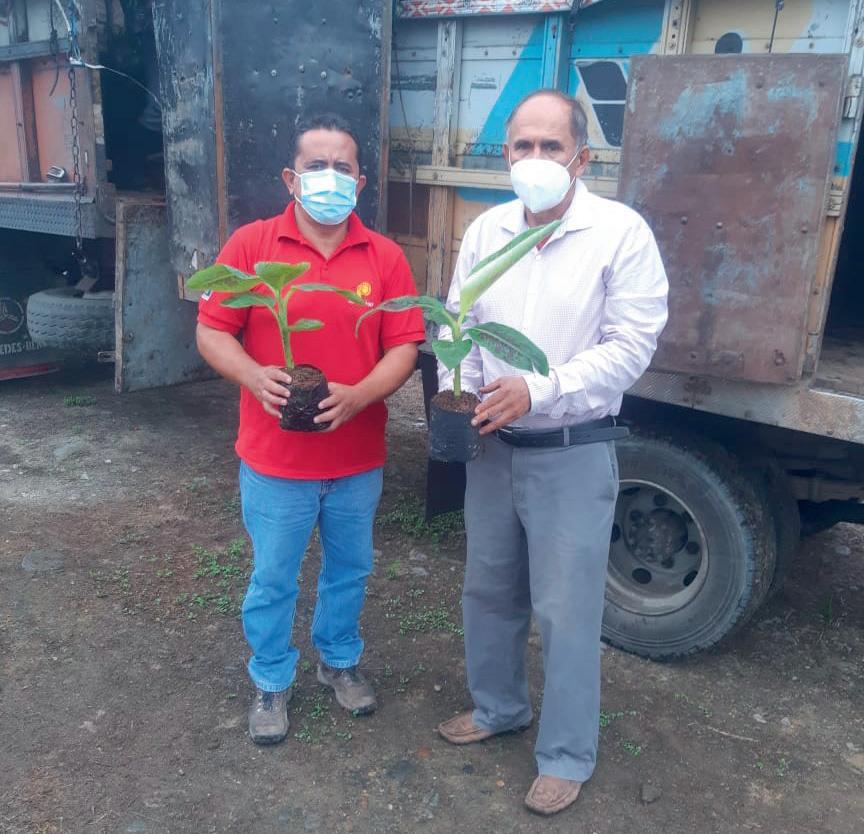
The cooperative ‘Río y Valle’ was founded a few years ago. It used to be a federation of several small producer associations who decided to merge into one organisation. It has now 480 members. In 2021 and 2022 the Río y Valle cooperative invested heavily in promoting healthy soils, through a compost site and a bio fermentation factory that produces liquid compost enriched with microorganisms. It is becoming common knowledge that the soil is a living organism.
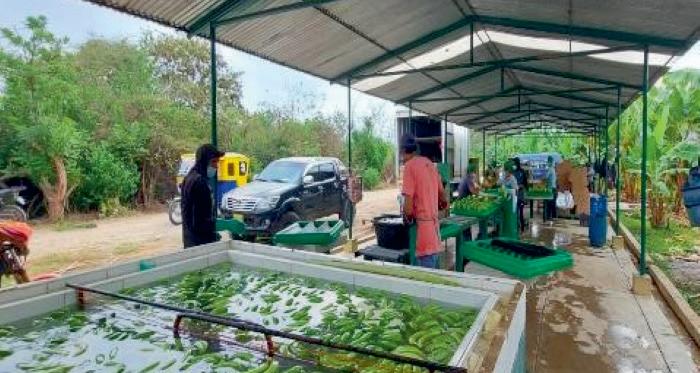
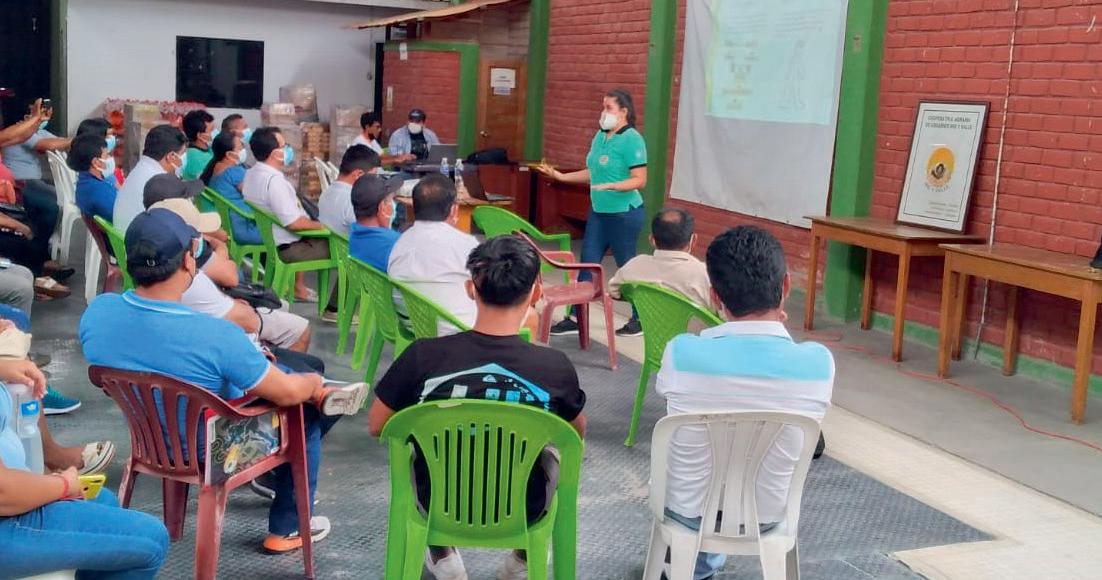
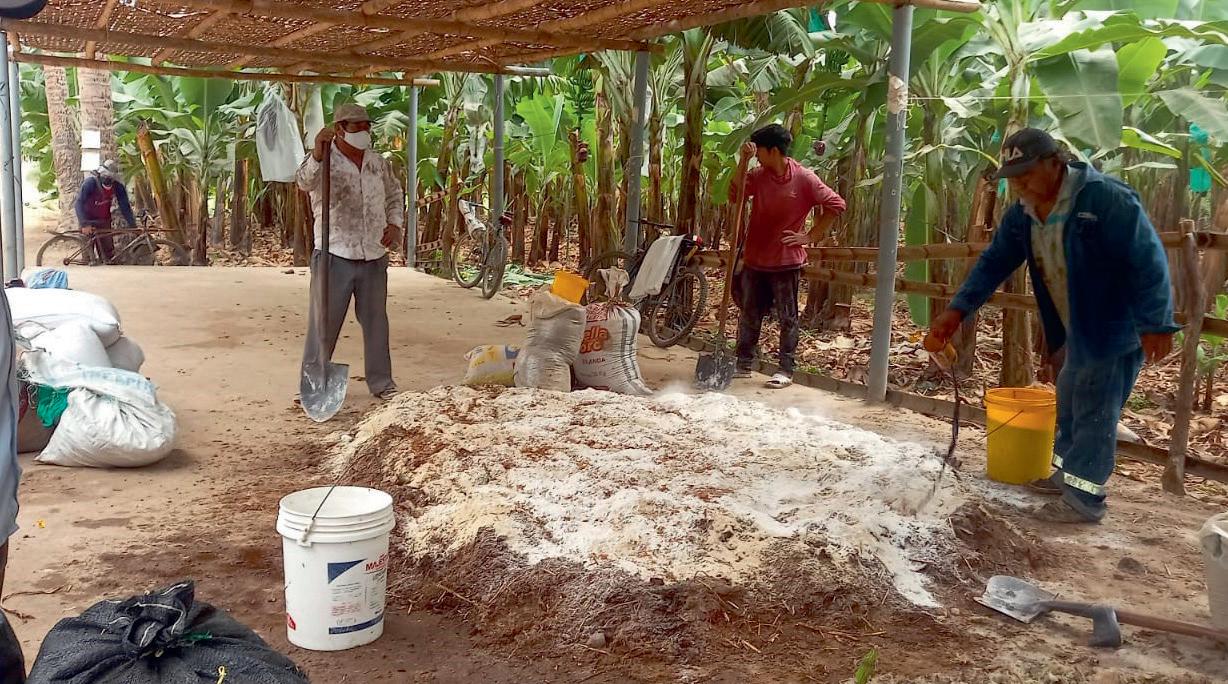
Applying bio ferments and compost enrich soil life, which ensures that fertilisers are more readily available to the banana plant. Compost and bio ferments are food for this soil life, not for the plants. In addition to investments in the soil, the cooperative realized new packing stations and a palletising centre. Furthermore, Rio y Valle put a lot of energy into youth, workshops on male and female leadership and gender equality.
One of the projects APPBOSA implemented with the Fairtrade premium was a voluntary health check, specifically on anaemia, for children in the Saman village where the APPBOSA offices are located. This was done on Children’s Day, 3 August 2021. A total of 146 children in between 0 - 12 years were enrolled. In total, anaemia was detected in 13 children (8.9% of the total). Apart from capsules containing iron, all parents present also received education on iron-rich foods. The day ended with recreational activities for the children, such as games and dancing.
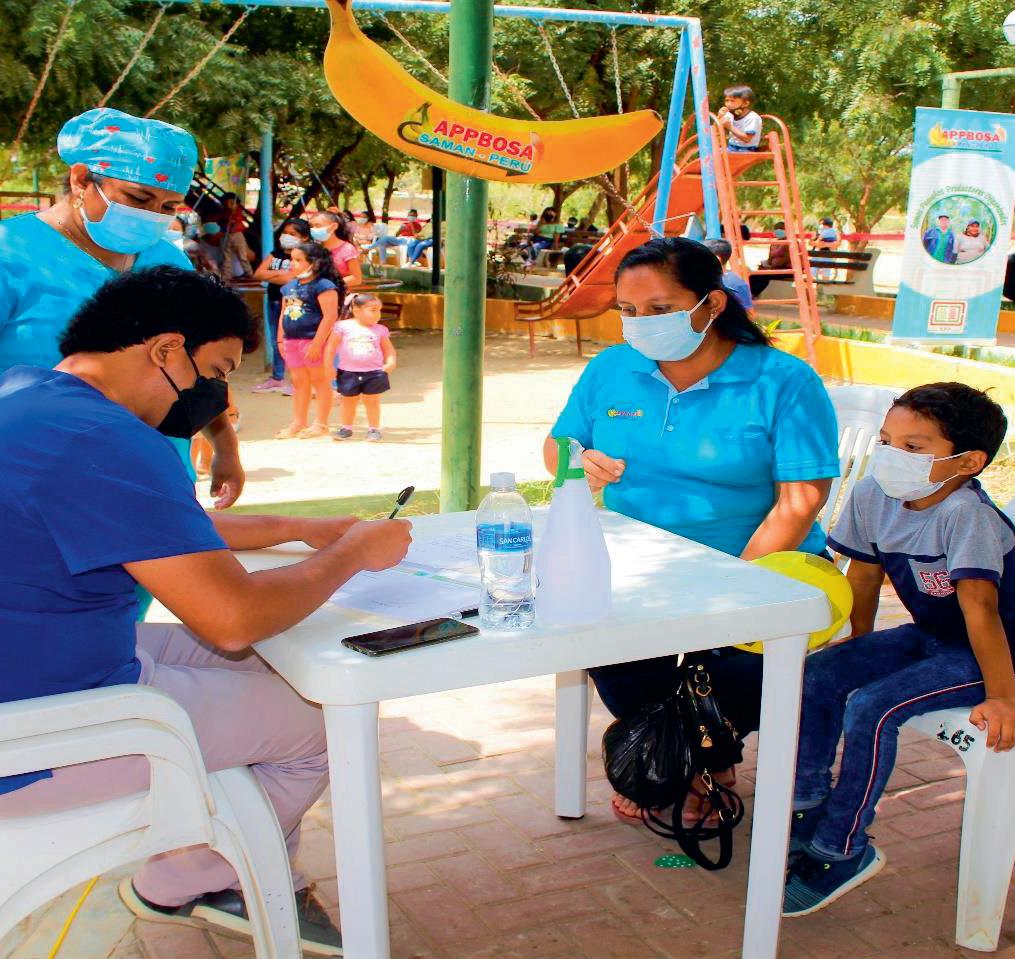
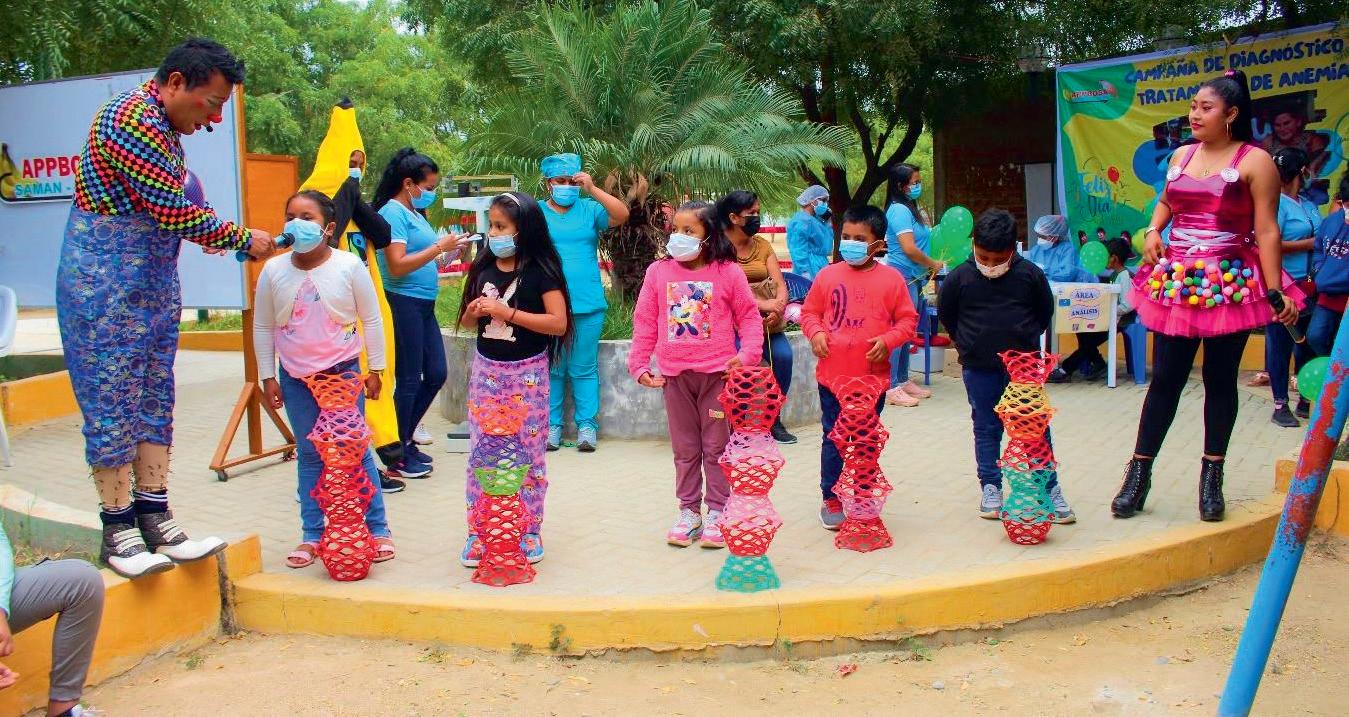
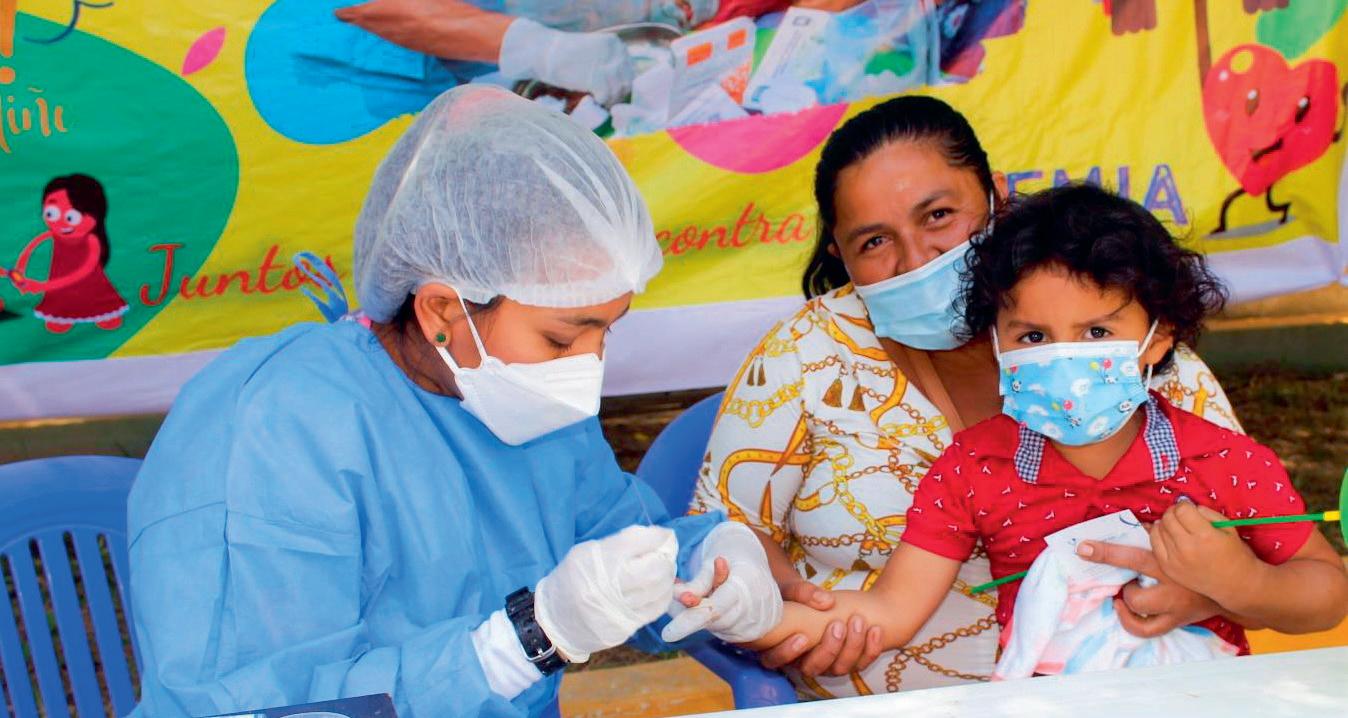
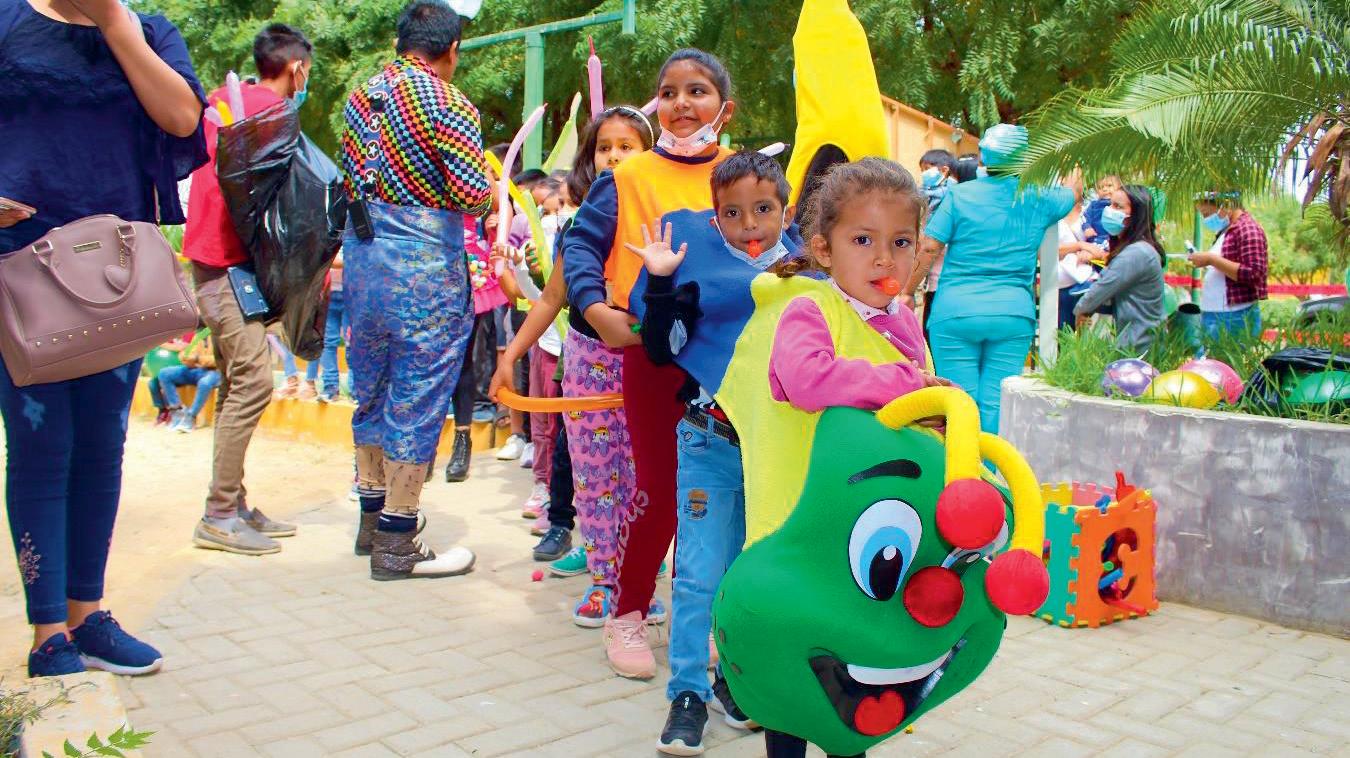
In 2021, the producer association Valle de Chira invested in organisational, social projects (health and education), economic projects (improvement of packing stations, support in the acquisition of organic fertilizers) and environmental projects (such as a small factory for production of bioferments). The project with perhaps the greatest social impact was the health project to counter the COVID pandemic.
This was not the biggest project in terms of spending, but it is the one that may have saved lives. It consisted of purchasing oxygen cylinders and equipment for prevention, such as face masks. The annual medical examination programme has also been important. Over $ 17,000 was spent on supporting members in surgical interventions. The pride of Valle de Chira is their medical clinic.
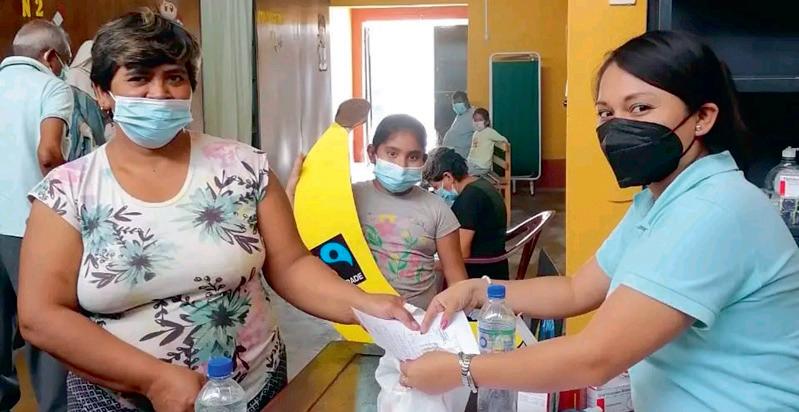
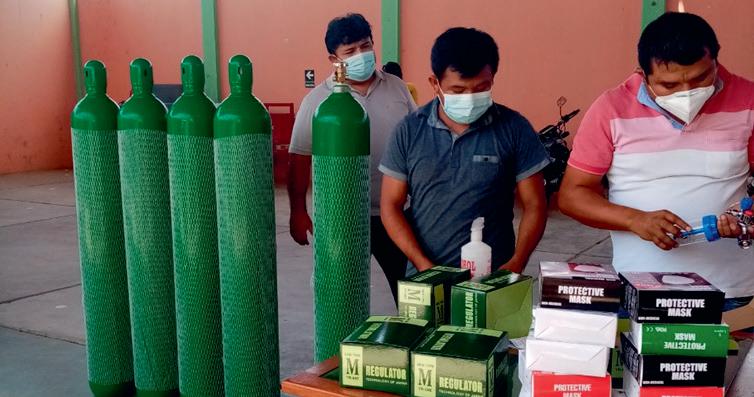
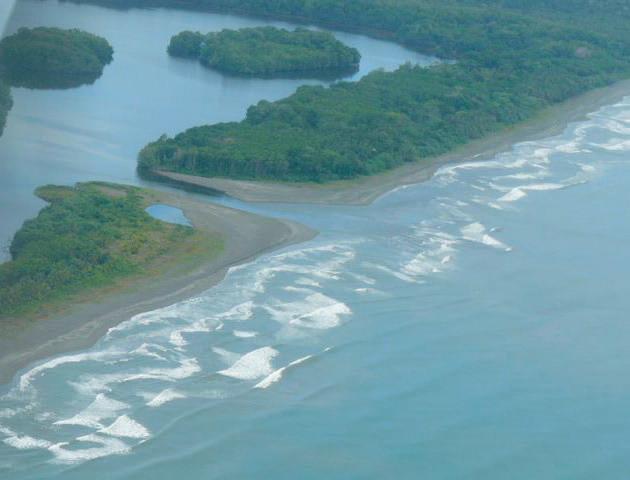
Over the past year, the COOBANA cooperative in Panama has invested their Fairtrade Premium in productive, social, and environmental projects. A substantial amount of the $ 118,000 was spent on protecting sea turtles laying eggs on the beach of the San San Pond Sak Nature Park. This park is near the mouth of the San San River, which is an area of some 16,000 hectares. After wanderings of thousands of kilometres, sea turtles return to the same beach where they once crawled out of an egg themselves. There they lay eggs of their own in a pit covered with sand.
The beach of the San San Pond Sak reserve is one of these places. Conservationists move the eggs from the nests to a protected area, and they also organise patrols night and day to prevent the nests from being emptied by poachers. Besides co-financing this work carried out by the community nature organisation Association of Friends and Neighbours of the Coast and Nature (AAMVECONA), COOBANA has also organised environmental education and information sessions for hundreds of members and workers on the conservation of sea turtles, and an exchange programme in which 170 young people have participated.
Sea turtles are among the oldest creatures on earth, having existed for some 110 million years. In search of food, sea turtles can hold their breath for 30 minutes and dive to depths of up to 300 metres. One species, the leatherback turtle, can even dive as deep as 1000 metres! Their survival is now threatened by illegal hunting, coastal strip building, pollution... The work of environmental organisations such as AAMVECONA and the support by COOBANA to conserve these incredible ‘nomads of the oceans’ is invaluable. Did you ever think that buying Fairtrade bananas contributed to this?
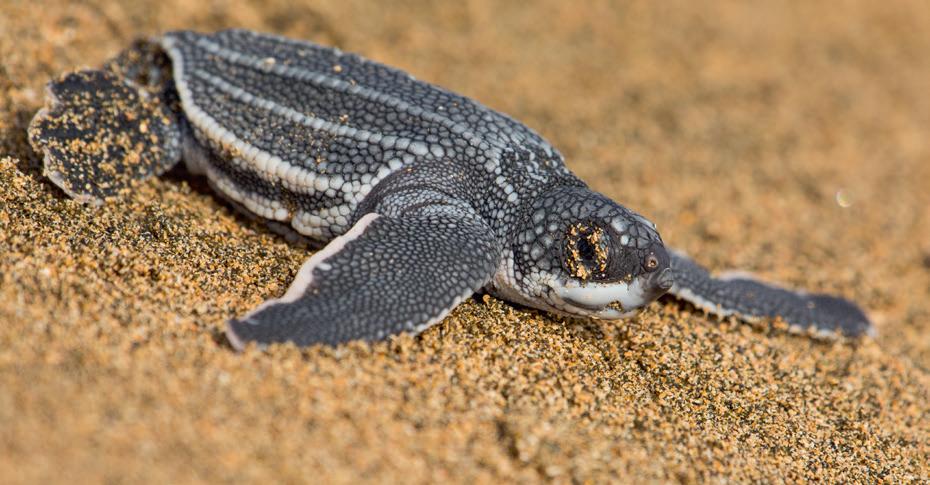
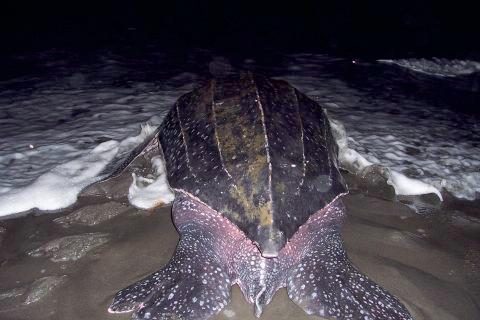
so that as
waste as possible is
Our beautiful blue planet: the only resource we have. We rely on it for our existence. So, it is our duty to inhabit our green globe wisely and to make sure we do not deplete its resources. Because we want to ensure the livelihood of future generations of course! We at AgroFair find caring for our planet just as self-evident as caring for the people who inhabit it. But there is no denying it: we are part of a business which impacts the environment.
Technically, AgroFair is an import and sales company. Most of the environmental impact lies early in the supply chain: with our producers and service providers. Our company principles regarding Planet & Ecology form an integral part of our Sustainability Policy, published in this report. In this chapter, we have identified some of the most important environmental impacts of our trade, like the use of water, nitrogen, plastics, and pesticides and their environmental effects.





Even though they have a happy appearance, bananas are sensitive. In many regions, banana production is not possible at all without the help of chemicals. They serve both to protect the fruit and to supply the nutrients that are required for the high productivity and quality of commercial bananas. About 50% of our volume is certified organic, with minimized chemical input. But organic banana farming is only possible in dry regions such as Peru, the Dominican Republic and Ecuador. Elsewhere, our non-organic fruit is produced under sustainable labels, such as Rainforest Alliance or Fairtrade, with strict requirements on pesticide use.
Nitrogen is a very important element for fertilising banana fields and many other crops. The need to feed an ever-growing world population causes high nitrogen demands globally, and this is taking its toll on our planet. During the production of fertilisers, inactive nitrogen from the air is converted into active forms. Plants use this active form to grow. Unfortunately, a large part of the active nitrogen is washed away by the rain and by irrigation. This way, it spreads to all corners of the earth. It causes negative environmental effects like eutrophication, the leaking of nitrogen into the groundwater, rivers and lakes where it can cause excessive algae growth.
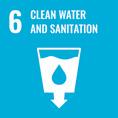
Banana farming requires enormous quantities of water. If there’s not enough water to go around, as is the case in some of our countries of origin, this can pose a problem. Water use varies greatly between countries of origin and even within countries. The chosen irrigation system, the efficiency of the packing process and the annual precipitation are all important factors. To visualise these differences, we calculated the amount of water used for irrigation and in the packing process for the different countries of origin.
Once again, for efficiency reasons, we collected data from one representative farm per country. The differences turned out to be enormous! The countries with the highest water consumption are the Dominican Republic and Peru, which don’t get a lot of rain. Countries with a lot of rainfall, such as Costa Rica and Panama, only need to irrigate during dry spells.
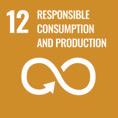
In terms of water use, we see many opportunities for improvement: replacing flood or gravity irrigation with the much more water-efficient drip or sprinkler irrigation would already improve things a lot. A ground water pressure sensors called a tensiometers would help people to determine the correct time and amount of water needed for irrigation.
Irrigation systems are a more complex matter as they cannot be changed overnight. In fact, this can only be properly done once every 30 years, because it requires a full farm renovation. Remember we are working with live plants here! So, in the years until the whole farm can get an overhaul, we make sure that existing systems are well maintained and improved where possible.
WE SEE QUITE A LOT OF DIFFERENCE IN NITROGEN USE BETWEEN DIFFERENT COUNTRIES OF ORIGIN. THESE DIFFERENCES ARE CAUSED BY FACTORS LIKE IRRIGATION, RAINFALL AND SOIL TYPE.
Wouldn’t it be great if we could ban plastic use in banana production altogether? Plastic is used during all stages of the process and, unfortunately, no good alternative has been found yet. Until we find one, we contribute to the responsible re-use where we can.
The numbers are not great. Each container exported bananas generates 40 kg of plastic waste. Plastic is used to protect the ripening fruit bunch
against insects. Each baby bunch is covered with a polyethylene bag, which creates a microclimate that promotes growth. After harvesting, most of our producers collect the used plastic and make sure it is recycled. Our producers in Peru took things an exciting step further! Together with AgroFair, they co-invested in the new ECOBAN factory that turns plastic bags into corner boards used for stabilizing banana boxes on the pallets. See later in this report.
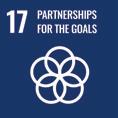



To us, certification is a great starting point. But there is a lot more ground to cover! We are active members of the World Banana Forum and we take part in a team that measures and reduces CO2 emission, amongst many other things.
Production must be done responsibly: using resources as efficiently as possible and producing as little waste as possible. Waste, such as plastic, must be properly processed and preferably recycled. The release of pesticide residues into the environment must be prevented as much as possible. Food waste must be curbed.


Protecting and improving soil life is a major priority. Healthy soils can reduce the use of pesticides and fertilisers, make the crop more resistant and able to absorb more CO2. A growing number of producers started to apply compost and beneficial micro-organisms to their plantations, which helps to restore soil life. Many plantations are located close to the sea. We must prevent residues from disturbing the ecology of vulnerable coastal areas.

Biodiversity on and around plantations must be strengthened. Water catchment areas are essential and must be protected. Also, natural biotopes must be protected, especially in vulnerable mountain landscapes.

Banana producers suffer from climate change. Droughts and floods are happening more frequently. Adapting production to changing conditions and mitigating the effects of climate change are important spearheads. We try to reduce CO2 emissions in the production chain.
One of the elements that make up a carbon footprint is energy use. We stimulate the use of green energy wherever possible. Several producers started placing solar panels on the roofs of packing stations and offices or have plans to do so.
To make energy use visible we calculated the number of watts used per box of bananas for our different countries of origin.
Even though we focus many of our efforts on our supply chain, we improve the sustainability of our office operations each year:

• We cycle! We offset all CO2 from our staff’s travel on the road and in the air and of our lorry transport in the EU. In 2021, we compensated 152 tonnes of CO2 through Gold Standard projects by the Climate Neutral Group. This is a big difference compared to previous years, because lots of air travel could not take place due to covid-19.
• Our offices are modest and therefore so is the amount of waste produced – and we recycle every little bit of it.
• Our cleaners use ecological detergents only.
• Our daily team lunches are organic and Fairtrade whenever possible. Of course, our coffee and tea are Fairtrade as well! We encourage our staff to make healthy choices and make it easier by providing healthy alternatives on the lunch table.
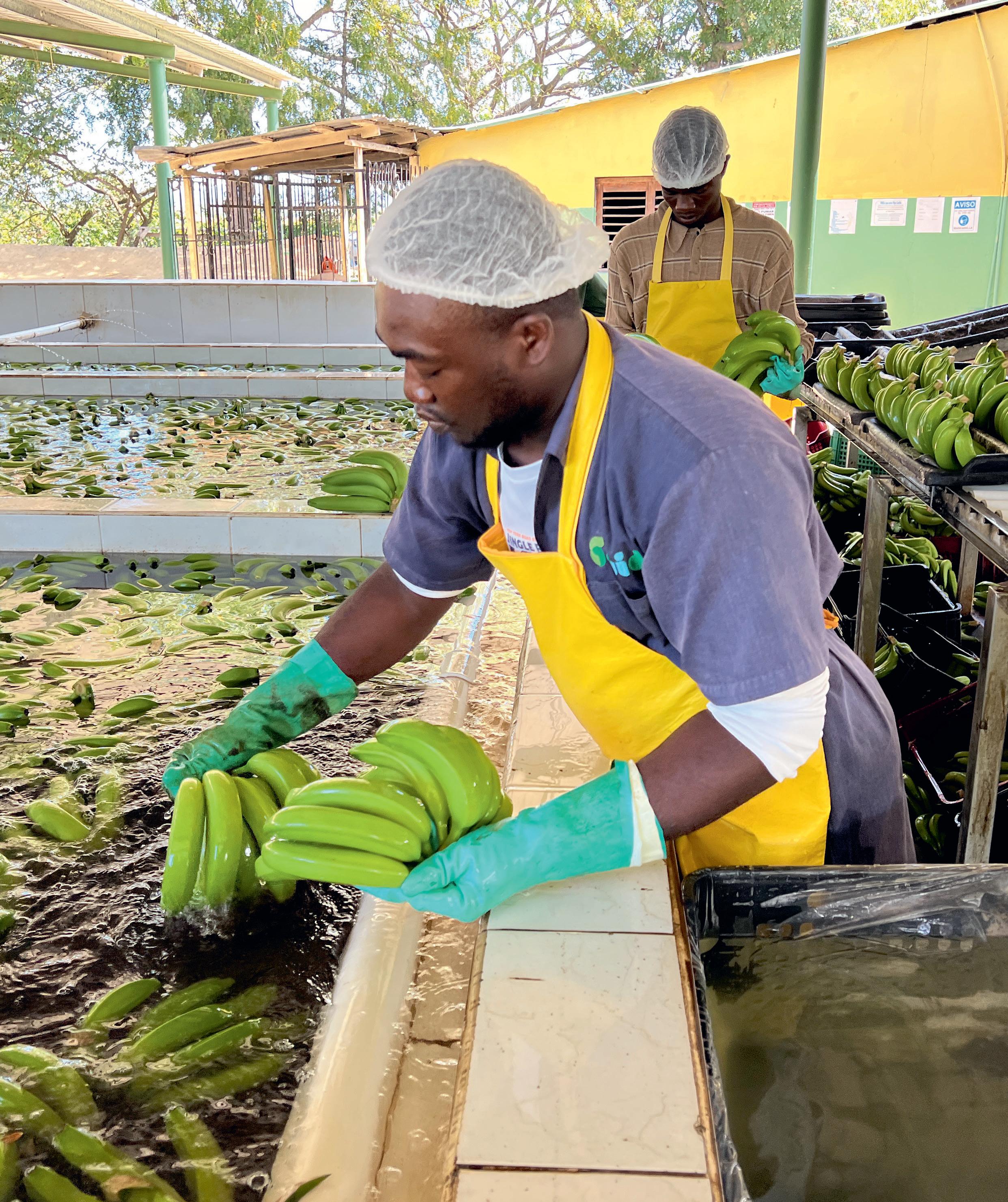
Every year, some 400 million tonnes of virgin plastic are produced worldwide. If we continue like this, it will triple to 1200 million tonnes by 2060. Of the 9200 million tonnes of plastic produced since 1950, less than 10% was recycled.
Much of the plastic waste leaks into the environment, polluting entire ecosystems. This waste breaks down into microscopic particles that enter the bodies of animals and ourselves through food. The consequences for our health have yet to be explored in depth.
In December 2021, the FAO published a report titled: ‘Assessment of agricultural plastics and their sustainability: a call for action’1. The use of plastics in the agricultural sector has increased enormously and currently accounts for 14% of the total volume. Of this, 75% is packaging material and 60% is single-use film used less than 12 months.

Plastic has many advantages. It helps, for example, to increase the shelf life of perishable food products and to reduce waste and loss. But, unfortunately, the widespread use of plastics in the agricultural sector also greatly contributes to pollution, especially of terrestrial ecosystems. And, as the FAO states, urgent action is needed.
The banana sector, and more specifically the export banana sector, uses a lot of plastic. Most of all for plastic bunch bags and as packaging material in banana boxes. The approximately 500,000 ha of export banana plantations worldwide consume about 2000 bunch bags per ha per year. This amounts to a total of 20,000 tonnes each year.
In Costa Rica, about 70% of the banana plastic is collected and recycled by RECYPLAST. There are also some smaller initiatives in Panama, Nicaragua, and Ecuador. But there is no overall picture on how much banana plastic is being recycled. Most of the bunch bags probably end up in landfills, or are burned, buried, or simply left behind.
Each year, the banana sectors in Peru and the Dominican Republic use 20 million bunch bags or 400 tonnes and 60 million bunch bags or 1200 tonnes respectively. That is why we chose these locations to start our recycling projects. After a delay due to the COVID pandemic, we could finally
take concrete steps in the plastic recycling projects in the Dominican Republic, at BANELINO and FRUECODOM last year.
In Peru, we founded Grupo ECOBAN S.R.L., together with some banana producer organisations. The start-up of ECOBAN was not without its problems. The electrical system in the factory had to be revised, the guillotines used to cut the corner boards at the desired length and the feeding system of the extrusion lines were not working properly. Recycling plastic is not easy: it is not a question of just turning a switch. It is finding the right balance in temperature settings and rotation speeds.
ECOBAN also found out that dry plastic gives a better quality granulate. But many of the bunch bags arrive wet, due to the ‘prewashing’ of the banana bunches at the packing stations. Most of these problems were solved thanks to the inventiveness of ECOBAN’s staff and technical assistance from Plastic Fantastic. In March, the demand for corner boards became so great that a second shift was deployed.
The biggest challenge now is the logistics and collecting the prime material: used bunch bags. More plastic is needed to achieve better, solid financial results and to make full use of the second shift and installed capacity. In July 2022, the plant was functioning below its installed capacity, mainly due to the lack of plastic. With two shifts, it is possible to produce 28,000 corner boards of 2 meters per month.
ECOBAN’s ambitions are big. They aim to install two more extrusion lines and to play a decisive role in ridding the export banana sector of plastic pollution. With two more lines and 2 - 3 shifts, and an export of 10,000 banana containers per year, the realization of these ambitions are within reach. Hopefully, they can be achieved within the time frame of the project: December 2023.
There are some ways to make progress on the pollution by plastics front. In March 2022, the fifth General Assembly of the United Nations Environmental Program (UNEP) was celebrated in Nairobi. They adopted the resolution submitted by Peru and Rwanda to present a global and legally binding treaty on the production, use and sustainable disposal of plastics before December 2024.
Each country should set goals, report on and make efforts to reduce the use of virgin plastic and to
increase the volume of recycled plastic as to prevent leakage into the environment. Private initiatives are encouraged to achieve these goals as well. And this is exactly what they are doing.
The updated GlobalGAP and Rainforest Alliance certification schemes focus on the sustainable disposal of plastics. And the World Banana Forum agreed to work on a code of conduct for the
sustainable use and disposal of banana plastic. Both initiatives will contribute to a more favourable environment to cope with the problem of banana plastics.
We have a lot to learn from countries like Brazil and France, were sector-wide regulations and organisations are in place for a more sustainable disposal of agricultural plastics.

of export banana plantations worldwide, consuming about 2000 bunch bags per ha per year
This amounts to 1 billion bags, each 20 grams, totalling 20,000 tonnes.
If they are laid in a row (length of 1.5 metres), this is 1.5 million kilometres, about 30-40 times around the world, each year!
To Europe alone, 500 million banana boxes are shipped every year, which adds up to 500 million bags as packaging material.
Dominican Republic: 60 million bunch bags, 1200 tonnes and 90.000 km in a row, per year
Peru: 20 million bunch bags, 400 tonnes, 30.000 km in a row
In June 2021 the construction of the recycling plant started thanks to financial support of the CACTUS supermarket in Luxembourg, the RVO enterprise agency of the Dutch government and the INNOVATE programme in Peru. It was completed only a few months later, in October. Using Google Maps, the factory is visible from space! In June, we ordered an agglomerator and two extrusion lines from the Qingdao Suke Machinery Co. Ltd. in China.
Most of the staff was contracted by November and test runs were carried out in December 2021 and January 2022. A festive opening ceremony took place on 3 February 2022, which AgroFair attended. The factory started up right after. The two recycling lines have a capacity of 100 corner boards per hour. Up to July 2022, a total of 118,000 corner boards were produced and sold, 38,000 of which were long corner boards and 80,000 of which were short corner boards. These recycled corner boards were used in a total of 480 containers.
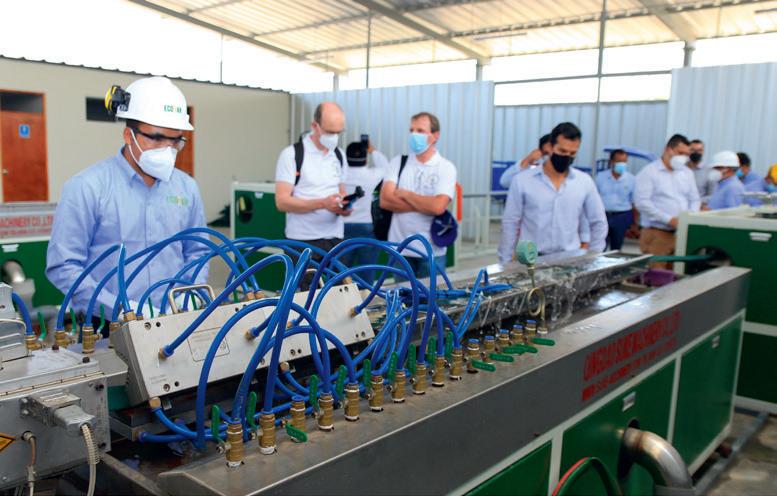
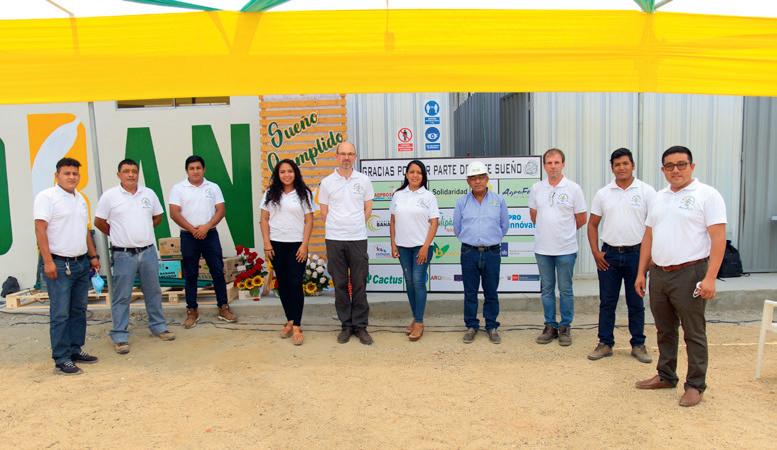

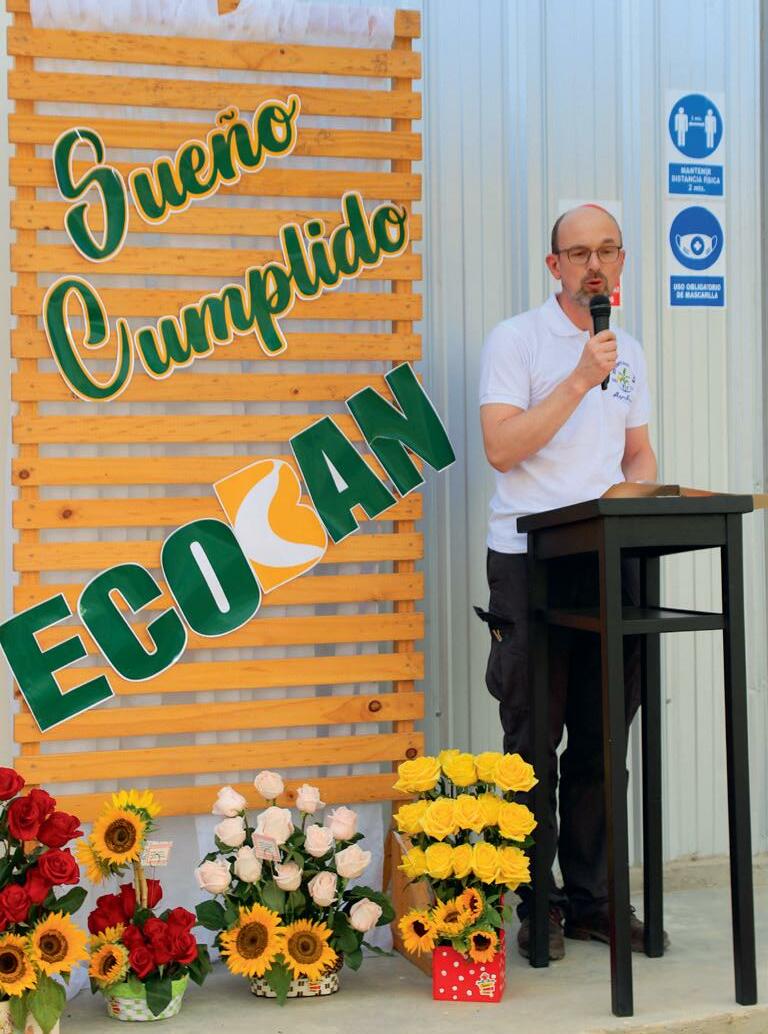
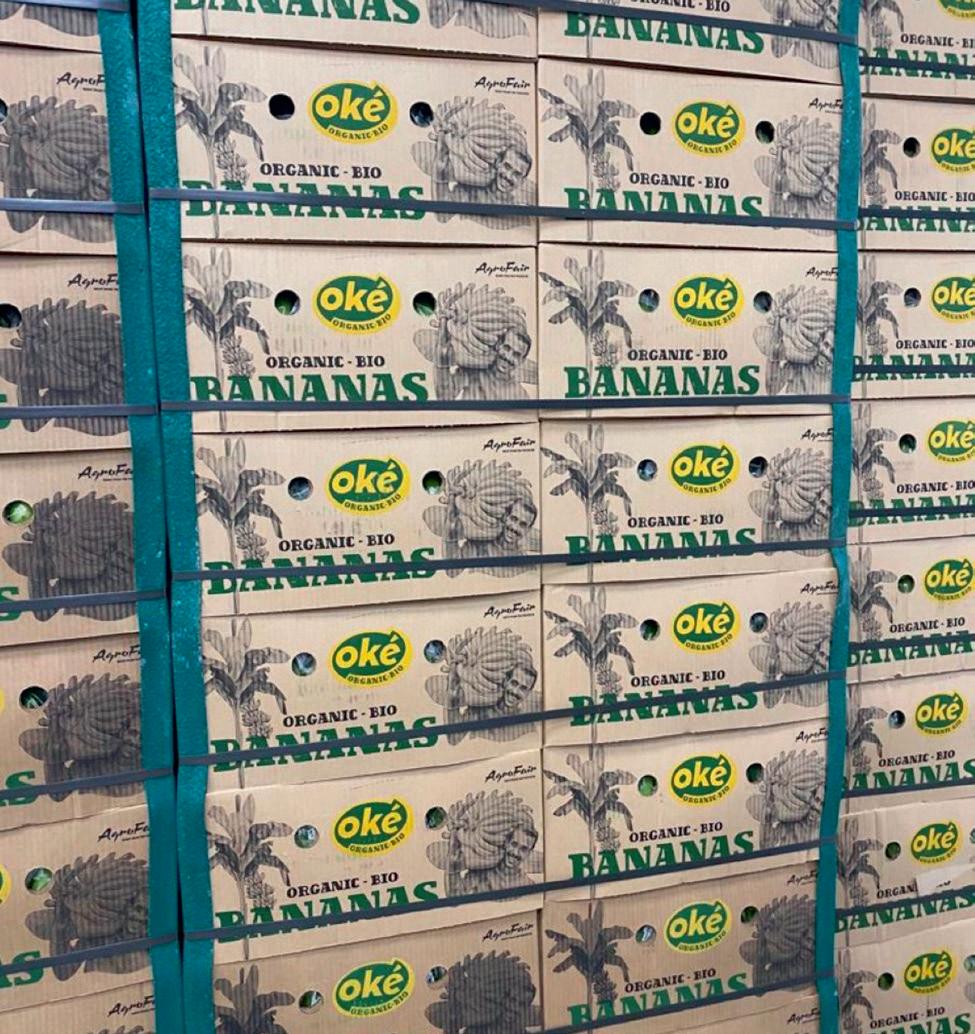
Did you know there are hundreds of edible bananas? And yet only the Cavendish is on sale. Why are there not more varieties being sold, like with apples or tomatoes? Many banana varieties are not suitable for export or have low yields. Still there are banana varieties with good yields that are also tolerant or resistant to Sigatoka leaf mould disease or even the notorious Fusarium TR4. For years the scientific community of banana researchers has been warning about the vulnerability of large monocultures and has been arguing for more diversity. So far the market is very hesitant and has not responded much.
AgroFair has a collection of 25 varieties and a cold store on the San Marcos farm in Matina on the Caribbean coast, nearby the Pacuare natural reserve in Costa Rica. The cold store was equipped with solar panels and simulation trials of maritime transport continued.
Samples of about 19 banana varieties were sent by air freight for blind taste tests by AgroFair staff and a professional agency. This wide variety of bananas looked nothing like a Cavendish: they were smaller, thinner, thicker, longer, they had a different colour…


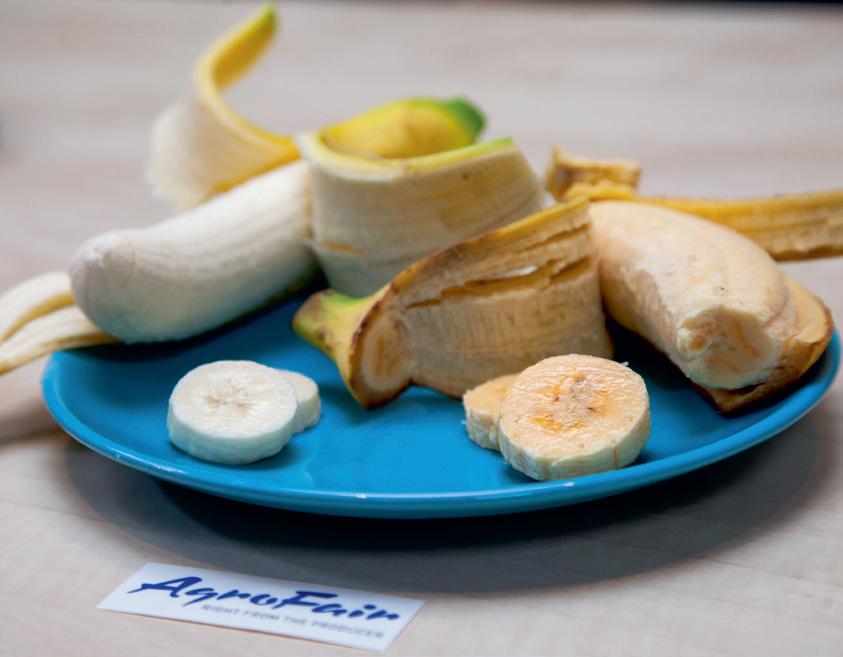

The bananas, including the traditional Cavendish, were scored on a scale of 1 - 10 on appearance, taste, smell, bite, consistency, and given an overall final judgment. Seven varieties were also sent to a laboratory to compare the concentration of 26 different flavour compounds.

The Cavendish always scored very high in the conducted tests. But although other varieties may look and taste slightly different, several nonCavendish varieties also scored high and were found to be very tasty.
Breeding programmes funded by big banana companies are betting on a TR4 resistant Cavendish banana. But is this really the only way? Other breeding programs (FHIA Honduras, CIRAD France, EMBRAPA Brazil) are developing and testing other varieties, tolerant or resistant to Sigatoka and TR4. This opens the possibility to growing organic bananas, not only in the dry zones, but also in the humid tropics.
The question remains: how to convince consumers and marketeers that there are other, tasty bananas out there?
In recent years, scientists have been calling for a break from monoculture and from the onesided production of the Cavendish variety. The industrialised monoculture of bananas makes them extremely vulnerable to pests and diseases, such as the Sigatoka and the TR4, which results in the usage of large quantities of fertilisers and pesticides.
Luckily, the use of pesticides is being increasingly restricted. Because together with large-scale fertilisation, pesticide use contributes to soil impoverishment and biodiversity reduction. The model for growing organic bananas is not so different. Except for the use of inputs allowed by organic certification instead of synthetic fertilisers and pesticides.
The natural habitat of the banana plant is the forest. Although banana plants need light, they also tolerate a bit of shade. In the subsistence sector and in smallscale plantations for local markets, bananas are often grown among other crops and trees. At ASOGUABO in Ecuador, more than 30 farmers produce bananas in agroforestry systems in the mountains with cocoa and other species, but with low planting densities and relatively low yields.
In the last few years, there’s increasing attention for so-called ‘food forests’: very dense plantations with an enormous diversity of products. Over the years this becomes an almost self-regulating system. No fertilisation, pest or disease control is needed. Only pruning, planting, and harvesting.
From a commercial point of view, this system may be difficult to achieve. Agroforestry is a somewhat stripped-down version of a food forest: less speciesrich, less chaotic, more focused on producing
a limited number of crops, but with some of its advantages.
Is it possible to design agroforestry systems so they can compete with industrially produced bananas?
The upfront investments are likely to be high: crops other than bananas have to be planted. Also, the planting density cannot not be as high, the yields will therefore be lower, and maintenance will most likely require more manpower.
On the other hand, it creates a rich soil, with lots of organic material and favourable microorganisms, needing much less fertilisation. Increased biodiversity also means more natural enemies of insect pests, so less use of pesticides. An agroforestry system is therefore not only better for the health of producers and workers but also for the environment, biodiversity, and the climate!
The growing movement of ‘regenerative farming’ often mentions these expectations. And perhaps rightly so, as an agroforestry system in bananas could help restore damaged soils and biodiversity. The big challenge will be the economic side of things.

Together with the Dutch company FarmTree, AgroFair has started working out scenarios for agroforestry systems in three different types of climates: the dry tropics (Peru), the semi-wet tropics (Ecuador) and the wet tropics (Costa Rica). If these ‘virtual agroforestry plantations’ yield interesting results, setting up real experimental agroforestry plots can be considered.
We hope to be able to report on the results in the next sustainability report!
AGROFORESTRY SYSTEMS: CAN THEY COMPETE WITH MONOCULTURE?
Organic bananas are better for the environment, the consumers and the health of the workers. However, exported bananas are susceptible to post-harvest decay during the 2-4-week refrigerated transport to overseas markets. This decay typically manifests itself by crown rot, which is the rotting of the cutting surface of the cluster.
It is not possible to spot this latent defect before shipment. It only presents itself depending on the season and weather patterns. To prevent rot, conventional bananas are usually treated with a synthetic fungicide, but these are not approved in organic agriculture. And there are no effective organic treatments.
The only way to reduce crown rot from developing, is to use controlled atmosphere (CA) containers with a reduced O2 and increased CO2 atmosphere instead of standard refrigerated containers. However, CA is more expensive. We therefore studied the effect of CA on crown rot using a dataset of 7000 real shipments of organic bananas.
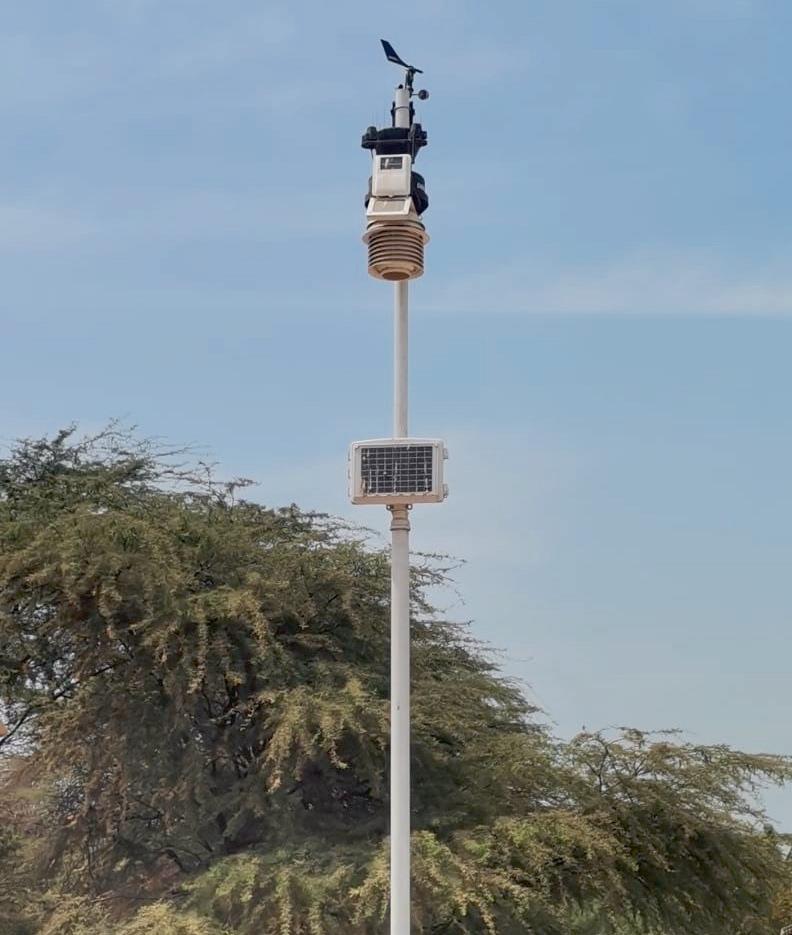
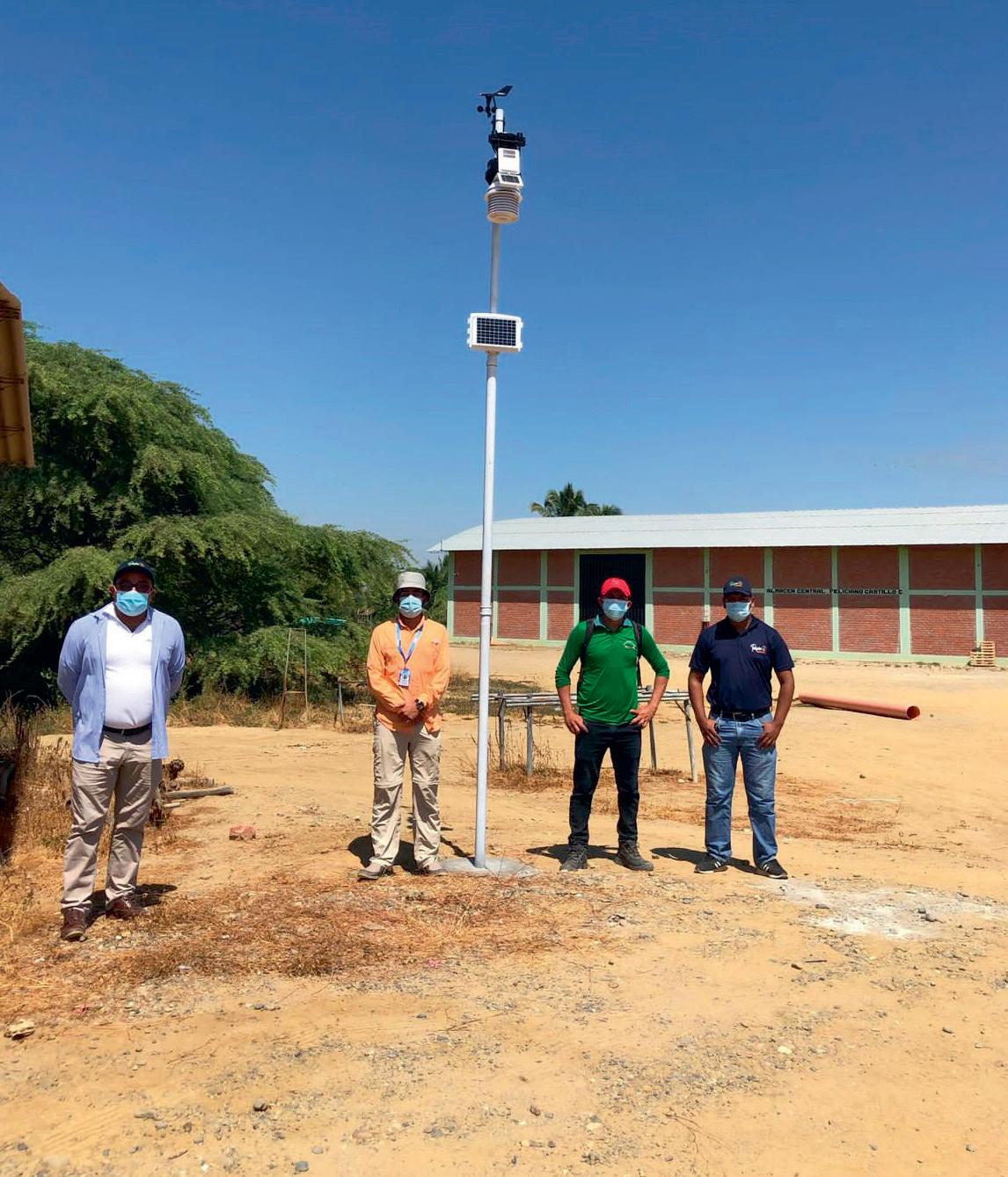
Crown rot incidence is associated with historic weather data, the use of CA, transit time, and other parameters. Our results showed that CA indeed mitigates crown rot when bananas face higher temperature sums and longer transit times. With this data, we developed a machine learning model that can predict the incidence of crown rot on future shipments. So, we can use CA when it is useful.
Crown rot is predicted in three risk classes. Because most observations fall in the lowest risk class, the dataset is not representative. This causes a distorted picture and inaccurate predictions. We used a method called ‘synthetic sampling’ to correct the imbalance. It helped us achieve an overall prediction accuracy of around 80%.
We developed a production software that predicts for every order we place if it is useful to book a CA container. The system has shown very good results in 2021. Unfortunately, the global logistic disruption has made it difficult to always get CA when we needed it. Nevertheless, we believe artificial intelligence can contribute to reducing food waste and give better quality results.
THE ONLY WAY TO REDUCE CROWN ROT FROM DEVELOPING, IS TO USE CONTROLLED ATMOSPHERE (CA) CONTAINERS WITH A REDUCED O2 AND
CO2 ATMOSPHERE INSTEAD OF STANDARD REFRIGERATED CONTAINERS.
The consequences of climate change are becoming ever clearer. The worldwide forest fires, droughts, storms and flooding due to heavy rainfall... The first scientific warnings date back decades but were largely ignored.
After a series of reports on the consequences of climate change on land use, oceans, glaciers and polar regions, possible impacts, vulnerability, adaptation, and mitigation the International Panel on Climate Change (IPCC) is sounding the alarm ever louder. The seriousness of the situation is only beginning to dawn on politicians, but still too little is being done. And perhaps too late even to avert a catastrophe.
Besides the banana producing sector, the climate crisis also affects the export banana sector. As production, land and sea transport and banana ripening all contribute to greenhouse gas (GHG) emissions.
The market is asking questions about GHG emissions pertaining to banana production. And some supermarkets would like to sell climate-neutral bananas. It is therefore likely emissions will have to be disclosed in the future, for example, within the framework of the forthcoming EU Due Diligence legislation.
In 2016, the World Banana Forum (WBF) started an initiative to measure the carbon and water footprint specifically for the banana sector. This resulted in a manual which can be downloaded from the WBF website.
In 2021, a user-friendly web tool based on this manual was created after raising additional funds. Also a first course was organised. The scope of this tool includes transport to the seaport from where the bananas are exported. In 2022, this web tool has been greatly improved. And 5 people from the AgroFair team and 2 people from ASOGUABO Ecuador have once again participated in the course.
This tool can be used to calculate: • the carbon footprint for each chain according to the protocols of the Intergovernmental Panel on Climate Change (IPCC) and the norms of ISO 14064 on quantification and reporting of greenhouse gas emissions and removals, • the water footprint according to the norms of ISO 14046 on environmental impacts, based on a lifecycle assessment.
Which means that the results of these assessments can be used for external audits and certification.
In addition, the WBF is currently working on several other tools, such as one to measure GHG emissions for transport by sea containers, in the ripening process and land transport for distribution. As a result, it will soon be possible to reliably determine GHG emissions along the entire chain.


It will therefore be possible to transparently buy carbon credits. This is, however, not the ideal way of obtaining a ‘climate neutral banana’ and it is different still from obtaining a ‘climate resilient banana’. The latter must be obtained mainly through the sustainable sequestration of carbon in the soil and wood that stands in or around the plantation, making the switch to renewable energy, and improving fertilization methods.

Reliable measurement of sustainable carbon sequestration is still very difficult. Banana plantations should be designed to be more resilient to climate shocks, for instance by better soil management so it better retains water, drainage of excess water and windbreaks.
The climate crisis and its consequences will be in the news a lot in the coming years, and this is not going by unnoticed in the banana sector either. The World Banana Forum tool allows to properly map emissions. A necessary step to reduce or compensate them, and to make the banana sector climate proof.
PROFIT & ECONOMY
• Maintaining and improving productivity and efficiency in all parts of the chain.
• Reducing risks for business continuity sustainable financial results
• Sensible use of resources to ensure their availability in the long term


Fair and square: to stay in business and continue our good work for the long term we need a sound financial result. Meanwhile guaranteeing continuous efficiency and quality. We aim to achieve that goal through sustainable profitability.

The core objective of a firm is to create economic value for its owners. Whether this is the firm’s only objective is the subject of scientific debate. To us, it is not. To remain sustainable, we strive to optimise our operations, such as purchase and sale, transport and production. Often, cost reductions also lead to reduction of emissions. Think of less packaging, less fertilizer, less energy consumption, meaning less harm to the environment. So, we go for less. Except when it comes to our standards of human and ecological sustainability. The minimum Fairtrade prices cover the costs of sustainable production. The Fairtrade Premium helps build social infrastructure and services and helps producers invest in facilities that are indispensable.
The net result generated is fully taxed in the Netherlands. That is our contribution to public services. We pay what we are due without making use of tax avoidance constructions. We also pay significant amounts of import duties in various European countries. The tables in this section give an overview of payments to suppliers of factors of production, such as capital and labour, and of payments to the government.
The economic sustainability of our suppliers is at the foundation of AgroFair’s economic sustainability. Low prices for bananas and rising prices for inputs are a major threat. Producers save on inputs (such as fertilisers), but this in turn reduces yields, and before you know it, this becomes a vicious cycle.
An additional threat is Fusarium TR4, not only present in Colombia, but now also in Peru. You can read more about this elsewhere in this report. This threat can only be countered by sector-wide and joint approaches. Many initiatives are getting off the ground, but whether this is sufficient and timely? AgroFair would also like to see supermarkets actively start to think about how to deal with this. TR4 could well become the disruptive gamechanger that is going to have a major impact on the whole sector.
‘THE ECONOMIC SUSTAINABILITY OF OUR SUPPLIERS IS AT THE FOUNDATION OF AGROFAIR’S ECONOMIC SUSTAINABILITY.’
2018201920202021 2017
ECUADOR
DOMINICAN REPUBLIC
PERU PANAMA NICARAGUA
OTHER TOTAL
1.5571.4131.3581.286 595598508441 88172171119
1.3441.4471.2401.273 15213125913 2051372125 3.9413.8983.5573.157
1.540 612 0
1.442 180 276 4.050
2021 2020
IMPORT DUTIES GERMANY
IMPORT DUTIES NETHERLANDS
IMPORT DUTIES SWEDEN
IMPORT DUTIES BELGIUM
IMPORT DUTIES OTHER COUNTRIES
DIVIDEND TAX NETHERLANDS
CORPORATION TAX NETHERLANDS
CORPORATION TAX OTHER COUNTRIES TOTAL
PURCHASE OF PRODUCTS
PREMIUM
SEA FREIGHT
FAIRTRADE LICENSES
OTHER SERVICES SUCH AS LOGISTICS, HANDELING, DOCUMENTS, INSURANCE
OTHER OPERATING EXPENSES FINANCIAL EXPENSES
TOTAL
1.924 2.265 € 1.000 325 49
563 0 317 42 5.485
1.762 1.932 € 1.000 312 22
445 0 475 33 4.981
2021 € 1.000 2020 € 1.000
2.648 103 897 35 80.723
4.352
60.323 16.357 4.142
3.137 102 782 38 84.881
REVENUES
OPERATING COSTS
EMPLOYEE WAGES AND BENEFITS
PAYMENTS TO PROVIDERS OF CAPITAL
PAYMENT TO GOVERNMENT
TOTAL
2021 € 1.000 2020 € 1.000
90.202 -2.536 -5.485
-80.723 -1.283 175
93.966 -2.507 -4.981
-84.881 -606 991
2021 € 1.000 2020 € 1.000
INCOME PROPERTY RENTAL
OTHER INTEREST TOTAL

TOTAL PAYROLL
SOCIAL SECURITY CONTRIBUTIONS
PENSION CONTRIBUTIONS
OTHER EMPLOYEE SUPPORT TOTAL
90.028 174
0 90.202
93.782 177
7 93.966
2021 € 1.000 2020 € 1.000
1.848 321
252 115 2.536
1.815 322
258 112 2.507
2021 € 1.000 2020 € 1.000
INTEREST OF DEPT
TOTAL
32 1.283
42 606 DIVIDEND 1.251 564
In August 2019, Fusarium Tropical Race 4 (TR4) was detected in the department La Guajira, in the arid Northeast of Colombia. Despite the strict biosecurity measures, TR4 was detected on a banana farm in the neighbouring department of Magdalena in December 2021.
Half a year earlier, the National Agricultural Health Service (SENASA) officially confirmed the presence of TR4 on a banana plot in Chocán, in the Chira Valley of Peru.
According to two scientific publications, the TR4 in Peru is a new incursion, which probably transferred from Asia and not from Colombia. This second transcontinental leap in Latin America in 1.5 years, underscores the vulnerability of the banana export sector worldwide. In coming years, it is quite likely that the disease will show up in other Latin American banana countries as well.

SENASA confirmed 82 cases in the Chira Valley between April 2021 and July 2022. The actual number of infected plots is likely even higher. It takes a while for the effects of the fungus in the soil to manifest in banana plants. And when they do, not all producers report suspect cases to SENASA, because they fear their plantations to be shut down.
The export sector in the department of Piura is very vulnerable to further spreading, particularly in the Chira Valley for several reasons:
• The sector is extremely fragmented. average ‘farm’ size is between 0,5 and 1,0 ha. Some 9000 small banana farmers are organized in 35 producer organisations. They manage many small packing stations and 40 palletizing centres. This complicates implementation of biosecurity measures enormously.
• The sector depends on flood irrigation from the Poechos reservoir and the dam in the Chira River. The wide network of canals is a perfect way to transport the TR4 fungus to the most remote regions of the Valley. While carrying the banana bunches to
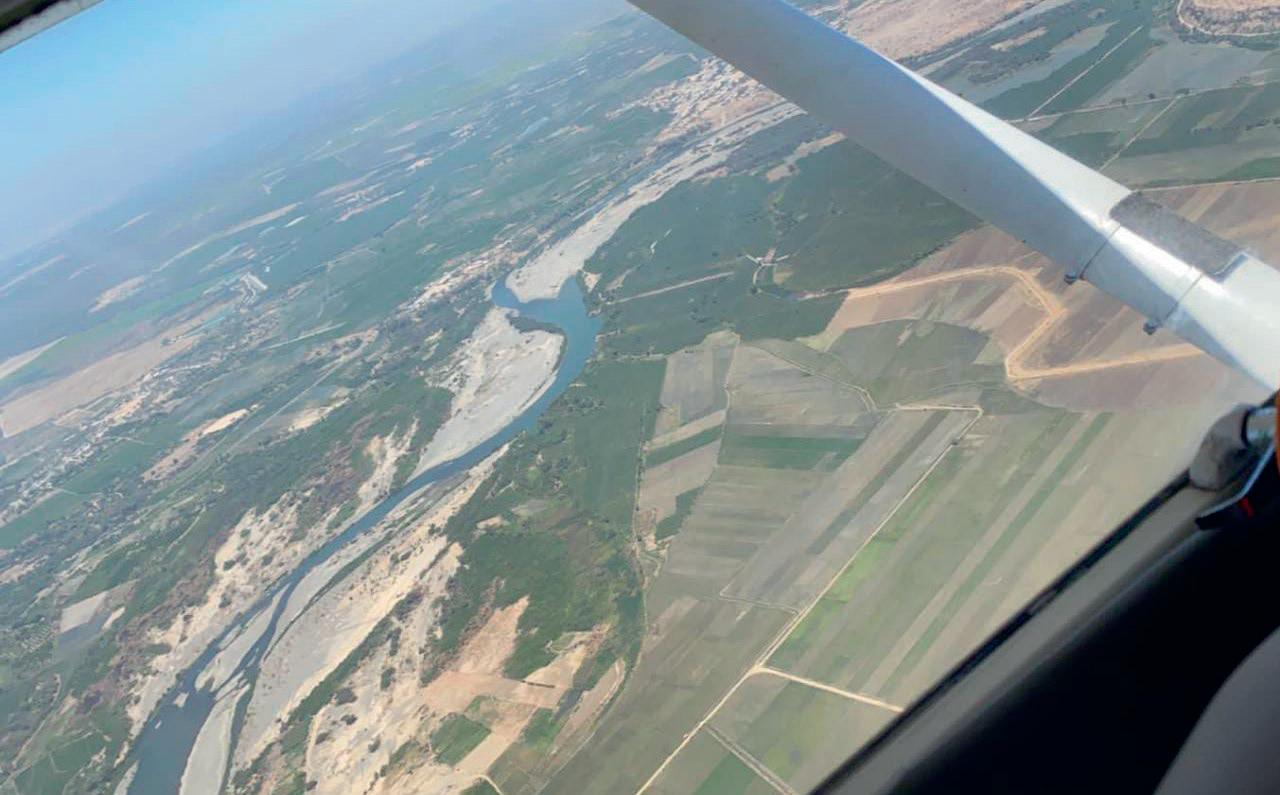
the nearest packing station the harvest teams cross several banana plots, contributing to the spread of TR4.
• The export sector is still relatively small and in its early stages. The incipient institutional development and leadership hinders resolute and coordinated action. Each year, the export of some 10,000 banana containers generates USD 150 million gross income, and the local economy and thousands of families in the towns, villages and communities depend directly or indirectly on these revenues. The potential socioeconomic impact of the shrinkage of the banana export due to TR4 on the livelihoods of thousands of families could be substantial.
For years, AgroFair has been paying attention to the threat and risks of TR4 in its annual seminars and workshops. The arrival of the most serious banana disease in Latin America was a question of time. Now that TR4 has appeared in Peru, it’s time to take further action.
Biosecurity measures to prevent TR4 from entering are usually designed for farms. These measures usually include:
• Fencing the farm
• Installing a boot changing station to prevent people entering the farm with their own footwear,
• Providing foot baths to disinfect footwear,
• Disinfecting vehicles and tools,
• Using a single entry gate with supervision and registry of visitors,
• Raising awareness.
Most of these measures are difficult to apply in the fragmented context of Peru. The consensus in several workshops was that Peru should elaborate its own protocol ‘a la Peruana’. Meaning a territorial approach and economies of scale in the application of biosecurity measures.
That is why AgroFair partnered with the Banana Cluster of Peru on a digital mapping project and has contracted the company Opus Insights to this effect. A partnership was also struck with many other companies, institutions, and organisations to co-finance the initiative: Equifruit, Canada; Ok USA, United States; Bonabio, France; Organic Sur, Italy; Coordinadora Latinoamericana y del Caribe de Productores de Comercio Justo CLAC; Wageningen University and Research Centre WUR; cooperative APPBOSA, Peru; association AVACH, Peru; DOLE Peru; Port International, Germany; Fyffes Costa Rica; Fairtrasa, Netherlands; and BANANICA, Peru.
Firstly, the main banana areas in the department of Piura had to be defined before they could be mapped. We received help from the University of Exeter (UK) as they have experience with mapping banana areas via satellite. Also, the Banana Cluster of Peru and DOLE Peru shared georeferenced data on packing stations and palettizing centres. And SENASA gave us the location of banana tissue samples taken to the laboratory for analysis.
With this information, Opus Insights could work out its flight plans, covering 34 flight zones of +/- 3000 ha each, and a total area of nearly 100.000 ha. Due to COVID and other unexpected difficulties, image taking by the small Cessna airplane, equipped with a highresolution camera and flying at an altitude of 2000 feet (700 m) took from September 2021 until July 2022, a bit longer than expected.
The next step was uploading these images onto the password protected digital platform of Opus Insights and share them with our many stakeholders. The digital map is a tool to support risk analysis and biosecurity measures at an appropriate territorial scale by defining ‘territorial exclusion units’.
Once a ‘territorial unit’ is defined, banana producers sharing an access road, a packing station, a nearby community or an irrigation canal, can use the TR4 Add-on tool of GlobalGAP to carry out a joint risk analysis. They can then make an informed decision on which measures to take. We advise to involve local government officials and SENASA, as part of the risk analyses and measures take place in the public space.
The mapping tool was presented at 2 online events and at a mini conference on TR4. Many stakeholders attended. The consensus they reached was that a greater collaboration is needed between all actors, and especially between SENASA, the private sector and producer organisations. They also all agreed that such meetings should take place every 3 to 4 months.
In the complicated context of Peru, prolonged containment of TR4 is an illusion. The only thing we can hope for is delay of rapid spreading and win time to implement complementary strategies, such as the promotion of healthy soils with disease suppressing microorganisms and the diversification of banana plantations with other crops, which is especially important for banana farmers with plots affected by TR4.
In the long run, exporting bananas from Peru will only be possible with TR4 tolerant or resistant varieties. Trials with these kinds of varieties, developed by the French research institution CIRAD, will be set up by the Peruvian research institution INIA. However, results will only be available after 3 or 4 years.
In the meantime, the public and private sector as well as organisations of small banana producers should collaborate as much as possible on working out a realistic scenario to face this existential challenge. We hope the digital map can be a useful means to this end.
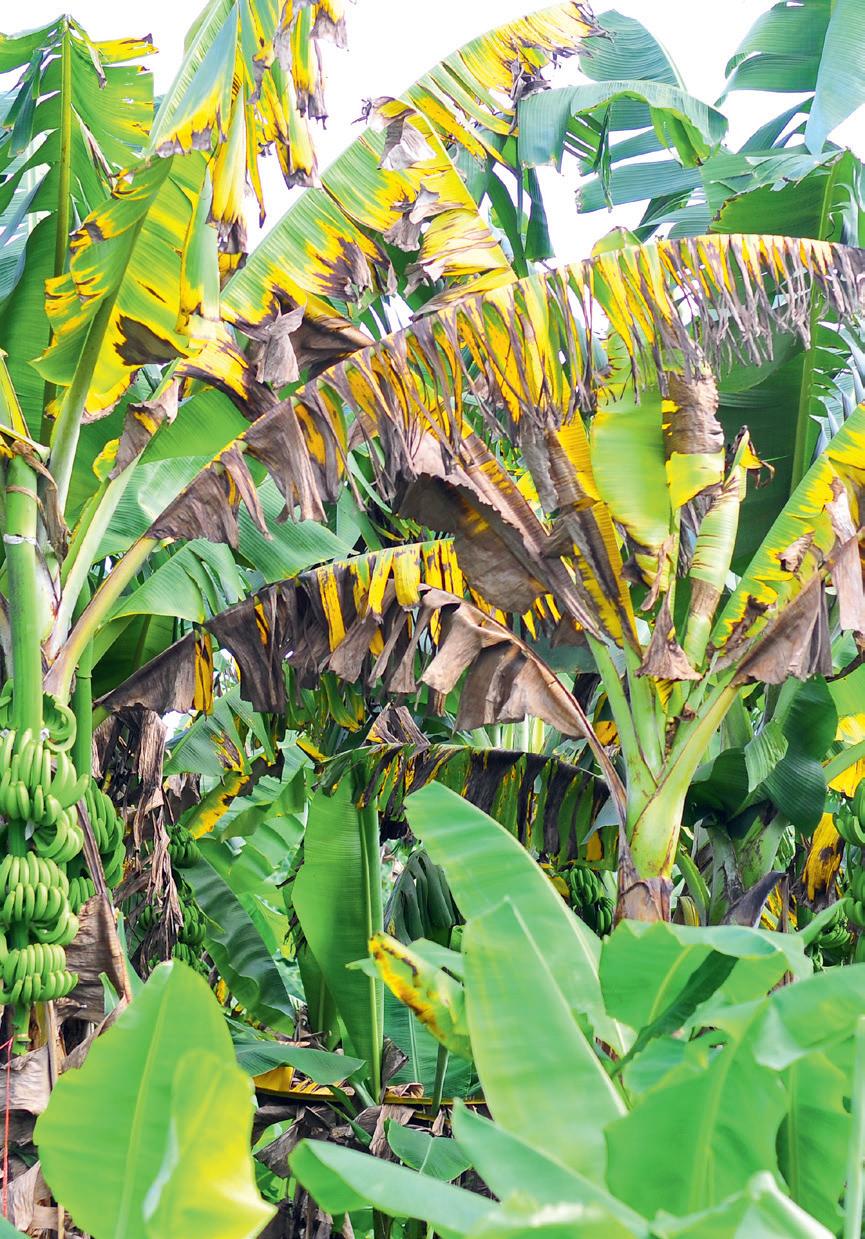




... ZOOMING IN, MANY DETAILS BECOME VISIBLE, IMPORTANT FOR A RISK ANALYSIS
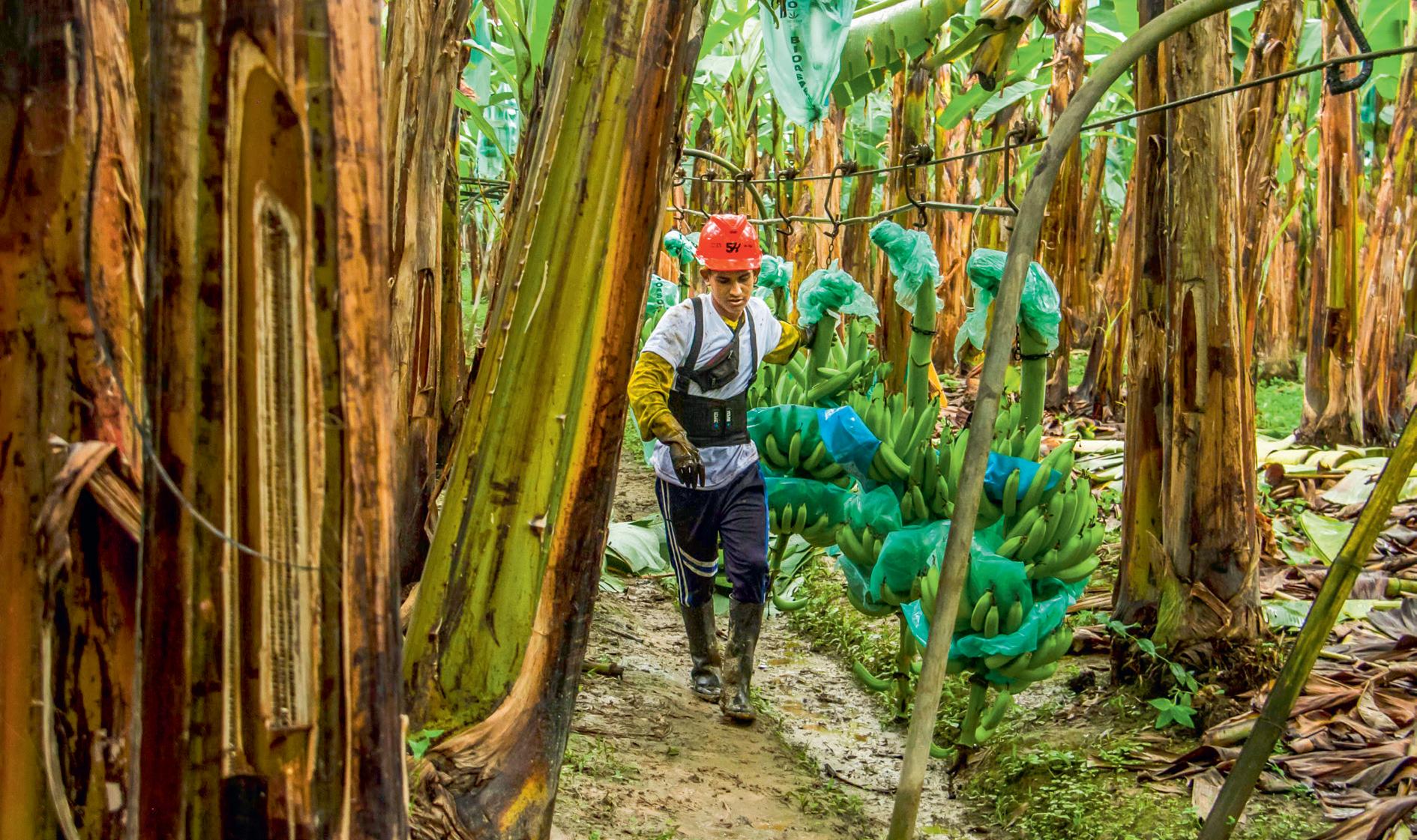
This last in person meeting took place in September 2019. Due to the corona pandemic, the 2020 and 2021 meetings took place via ZOOM, which cost significantly less: no tickets and travel expenses, overnight stays, food, etc. An additional advantage was that we could invite representatives of producer organisations and that the meetings had a much wider audience and participation.
These events contribute to the social cohesion of the AgroFair family, namely our teams in the Netherlands and in Latin America, and our producers. But these events are mainly intended to learn about quality management, marketing, Fusarium Tropical Race 4 and other pests and diseases, water, and soil management, and so on.
A new subject has recently been added: organising hybrid courses, partly virtual and partly in person, via the AgroFair Academy that are designed by AgroFair’s own professionals. The production factors of land, labour and capital are not the only ones. Information and knowledge should also be taken into account especially because of the advance in technology. Productivity and quality benefit from skilled labour and innovation.
AgroFair is often present at banana congresses and symposia where scientists give presentations on their banana research. The results are published in journal articles and proceedings, but when do they reach the producers who they would benefit? Hardly ever!
We have completed three courses: one on food safety, which has already been implemented by the Dutch team, one on the mealy bug and one on organic integrity. The latter will start this year, first as a try-out with technicians, later to be rolled out to as many producers as possible.

In May, we consulted the AgroFair team in Latin America. This resulted in useful as well as practical suggestions for implementation. The identified target groups were technicians and inspectors of the organisations; producers and plantation workers; and workers in the packing stations. They also suggested themes for follow-up courses: bunch protection, crown rot, different certifications, economic issues and cost management and Fusarium TR4.
The courses end with a test. Participants that pass receive a certificate. In doing so, we hope to contribute to the professionalisation of producers, workers and technicians.
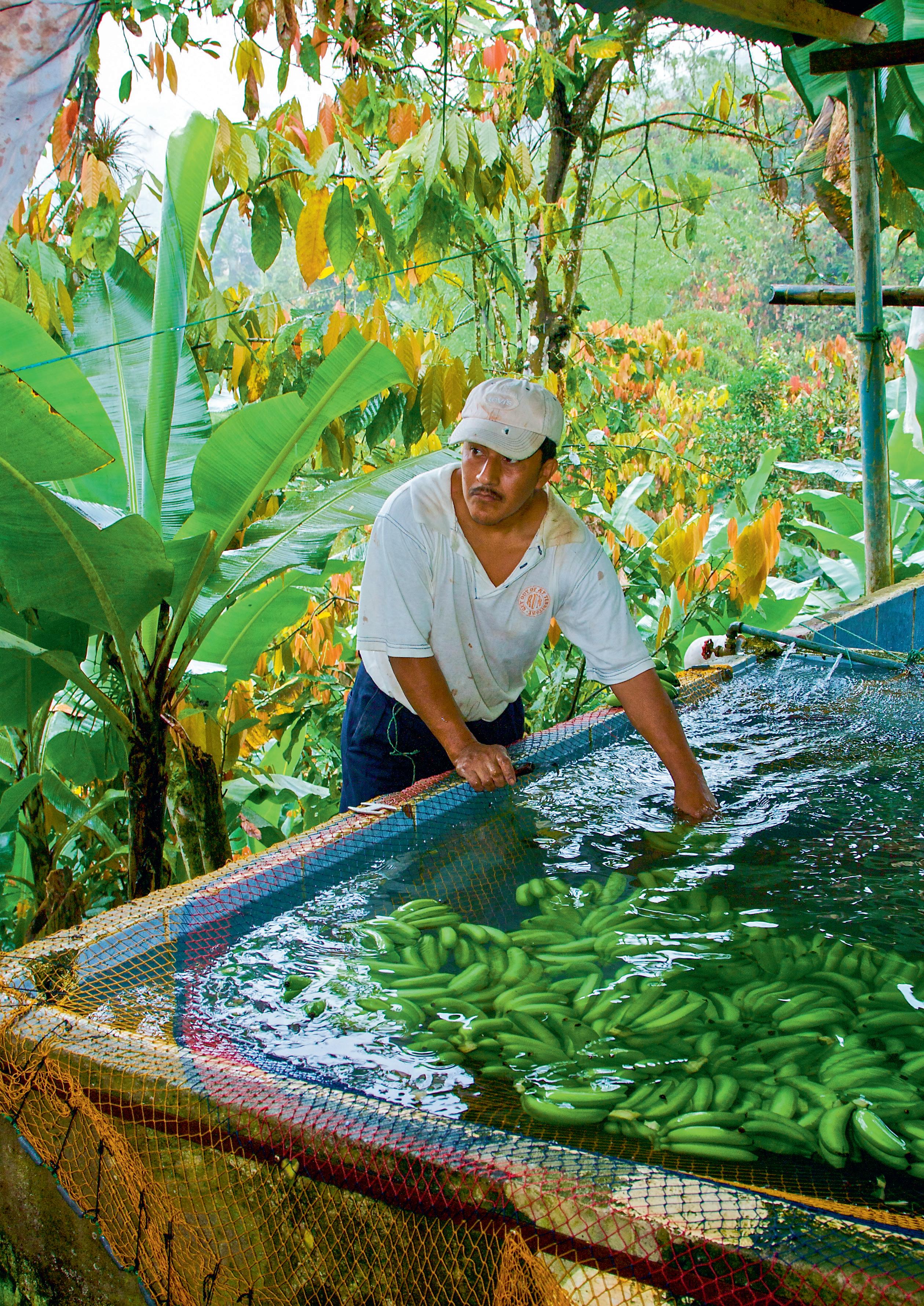
LOOKING AHEAD
What can we expect for the rest of this year and next year?
First of all, we, and with us our producers, really hope for better prices for bananas. We will have to wait and see what the contracts for 2023 will bring. Better prices are one of the prerequisites to be able to promote sustainability in several dimensions in our supply chains, guided by the Sustainable Development Goals (SDG). A dialogue has now started with producer organisations on these SDG. We will try to give it more hands and feet by formulating measurable and achievable goals together. The more elaborate guidelines for sustainability reporting by the GRI (Global Reporting Initiative), especially for the agricultural sector, will hopefully also be useful here.
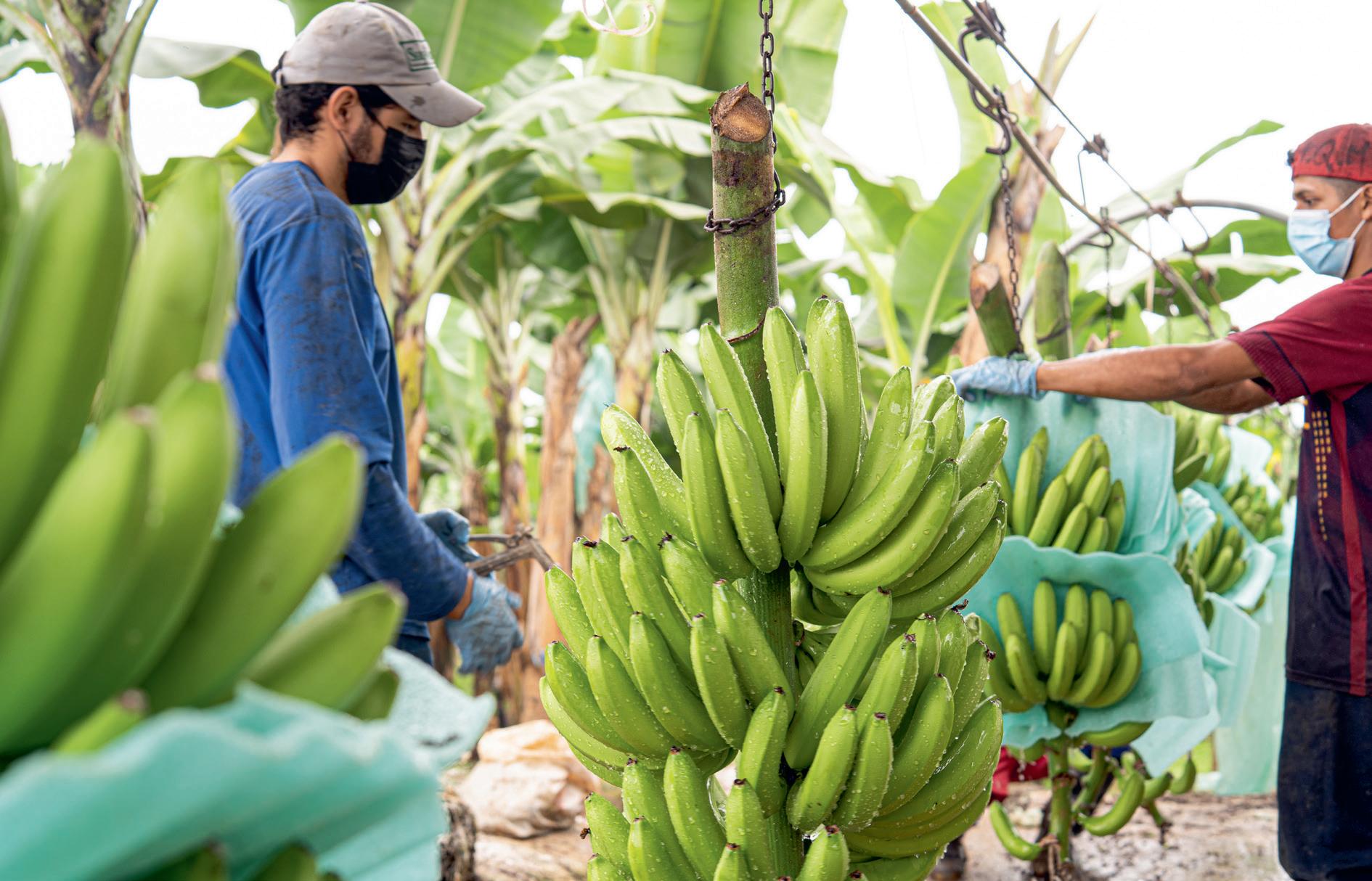
Now that we have the World Banana Forum’s methodology for determining the carbon footprint and a number of people in our team have been trained in it, we expect to be able to map out the carbon footprint of a number of chains. The plastic recycling projects in Peru and the Dominican Republic are entering their final year, ending in December 2023. We will do everything we can to make full use of the installed capacity! We are going to start rolling out the first courses of the AgroFair Academy. Hopefully we can add some more next year. Is there going to be progress in implementing living wages and living income? More supermarkets need to come on
board to reach critical mass. Perhaps the upcoming EU Due Diligence legislation will give them a push! This year the results of the ‘virtual agroforestry systems’, elaborated by FarmTree, with scenarios for Peru, Ecuador and Costa Rica, will become known. If we find finance, several small agroforestry experiments can be set up in practice.
And what about the TR4 in Latin America? In the past year, many initiatives have been taken by various organisations, such as FAO, the World Banana Forum, the FONTAGRO programme, the Interamerican Institute for Cooperation on Agriculture (IICA), the International Plant Protection Convention IPPC (the umbrella organisation for all phytosanitary agencies, hosted by the FAO), with numerous webinars and also some projects. Knowledge about biological control and the importance of healthy soils as a defence line, and how to promote it, is increasing. But the ultimate solution is to find resistant varieties that also appeal to consumers. Breeding programmes from Taiwan, France and Israel have started testing TR4 tolerant or resistant varieties in several Latin American countries, but the outcome will take years. There is little that AgroFair can do, except stimulate biosecurity measures and awareness raising. Gaining time is the motto, not only in Peru or Colombia, but in all banana countries, together with other partners.

DISCLOSURE NUMBER
GRI STANDARD PAGE
GRI 102 5 GRI 102 5-6
Name of the organization Activities, brands, products, and services
GRI 102 8 GRI 102 GRI 102 8 7 GRI 102 GRI 102 9-10 8
GRI 102
GRI 102 GRI 102 GRI 102 GRI 102 GRI 102 GRI 102 GRI 102 GRI 102 GRI 102
GRI 102
Location of headquarters Location of operations Ownership and legal form Markets served
Scale of the organization
Total numbers of employees: 27 persons
Total numbers of operations: 1 (AgroFair Benelux BV, Barendrecht, The Netherlands)
Net Sales: € 90 million
Quantity of products: 113,000 tons
Information on employees and other workers
Total number of employees by gender: 24 persons men, 12 persons women.
Total number of employees by employment contract (permanent and temporary): 0 person with a temporary contract, 36 persons with a permanent contract.
Total number of employees by employment type (full-time and part-time), by gender: 28 people work full-time (21% women, 79% men), 8 people work part-time (62 % women, 38% men)
Any significant variations in these numbers reported (such as seasonal variations) No fluctuations, yet significant growth.
An explanation of how the data have been compiled, including any assumptions made. Numbers are collated based on our own personnel files and exclude interns.
Full-time is defined as Full Time Equivalent (FTE).
Supply chain
Significant changes to the organization and its supply chain Precautionary Principle or approach
External initiatives
Membership of associations
Statement from senior decision-maker Values, principles, standards, and norms of behavior Governance structure
List of stakeholder groups Collective bargaining agreements All employees are covered by the CAO Wholesale in Fruit and Vegetables
Identifying and selecting stakeholders
Approach to stakeholder engagement
and concerns
17 Not applicable 4 27,28,29,30,35,36,37, 38,39,40,41 27,28,29,30,35,36,37, 38,39,40,41 4 12 10 18
1
GRI 102 102-45
Entities included in the consolidated financial statements
Group Structure as at 31 December 2018
Company Registered office Proportion of issued share capitalConsolidated subsidiaries:
AgroFair Benelux BV Barendrecht, The Netherlands 100%
AgroFair Innovations BV Barendrecht, The Netherlands 100%
AgroFair Projects BV Barendrecht, The Netherlands 100%
Hoge Snelheid 1 BV Barendrecht, The Netherlands 100%
STAK Hoge Snelheid 2 BV
Hoge Snelheid 2 BV Barendrecht, The Netherlands 81% Hoge Snelheid 3 BV Barendrecht, The Netherlands 100%
Tulipan Naranja SAC Lima, Peru 100%
Non-consolidated companies: Grupo Hualtaco SAC Lima, Peru 50%
CTM AgroFair Italia SRL Verona, Italy 50%
Participation in producers/exporters: Oke Guabo Cia Ltda El Guabo, Ecuador 50%
GRI 102 102-46
GRI 102 102-47
GRI 102 102-48
GRI 102 102-49
GRI 102 102-50
GRI 102 102-51
GRI 102 102-52
GRI 102 102-53
GRI 102 102-54
Defining report content and topic Boundaries List of material topics
Restatements of information
Changes in reporting Reporting period
Date of most recent report Reporting cycle
Contact point for questions regarding the report Claims of reporting in accordance with the GRI Standards
‘This report has been prepared in accordance with the GRI Standards: Core option’
22-31-42 20 Not applicable Not applicable 2021/2022 October 2021-2022 Annually 27
GRI 102 102-55 GRI content index
GRI 102 102-56 External assurance 52-53 Not applicable
GRI 103 103-1 Explanation of the material topic and its Boundary 50
GRI 103 103-2 The management approach and its components
GRI 103 103-3 Evaluation of the management approach
GRI201 201-1 Direct economic value generated and distributed
42-43 42-43-44 43-44
GRI 103 103-1 Explanation of the material topic and its Boundary 31
GRI 103 103-2 The management approach and its components 34-41 34-41 34-41
GRI 103 103-3 Evaluation of the management approach
GRI308 308-2 Negative environmental impacts in the supply chain and actions taken
GRI 103 103-1 Explanation of the material topic and its Boundary 22
GRI 103 103-2 The management approach and its components 23-30
GRI 103 103-3 Evaluation of the management approach 23-30
GRI 414 414-2 Negative social impacts in the supply chain and actions taken 23-30
EDITED & CONTRIBUTED BY Luud Clercx, Hans-Willem van der Waal, Linett del Carmen, Cornelie den Otter
CONCEPT Orientation Travel Productions DESIGN
Diewertje van Wering
PHOTOGRAPHY
Pablo van Linden
Marnix Foeken
Margit Houtman
CLAC
Stefan Lechner
Rik Voerman
Cesar David Martinez
Eliana Odalys Noé Olaya
CAIPSA
ASOGUABO
Río y Valle
APPBOSA
© Copyright: The content of this publication is copyrighted. Nothing from this publication may be reproduced or transmitted in any form or means, electronic, mechanical, photocopying, recording or otherwise without written consent of AgroFair Benelux.
While every effort has been made to trace all present copyright holders of the material in this report any unintentional omission is hereby apologised for in advance, and we should of course be pleased to correct any errors in acknowledgements in any future editions of this report.
